To say professional wrestling is a rousing form of entertainment is an understatement. This year alone, fans of World Wrestling Entertainment and All Elite Wrestling have witnessed a Samoan family mafia civil war, a spooky horror villain faction uprising, a gothic cuckoldry revenge drama, and a toxic yuri romance-turned-bitter rivalry take shape inside the squared circle. Truly, professional wrestling is a gymnastic redneck anime soap opera, and it’s beautiful. What’s not so captivating is how the parasocial relationships between wrestlers and their fans have given rise to unhealthy tribalism.
The Boys Star Karen Fukuhara On Kimiko’s Character Arc, Karate, And More
Wrestling companies have long been in an ebb and flow with one another, such that when one fails to deliver the goods, the other will take up the slack, and WWE and AEW are no different. WWE—under the guiding hand of Paul “Triple H” Levesque—focuses on long-term booking, where wrestlers like Cody Rhodes, Roman Reigns, and Seth Rollins allow the drama from their scripted feuds to inform the death-defying actions they perform in the ring. Meanwhile, its competitor AEW exists as the alternative to WWE, where the athleticism and work rate of younger talent like Maxwell Jacob Fredman, Will Ospsrey, and Swerve Strickland take center stage over the monologue-heavy diatribes that plagued the WWE of disgraced former CEO Vince McMahon’s era.
Read More: All Elite Wrestling Has Made Professional Wrestling Fun Again
But if you asked a wrestling fan what they thought of the opposing fandom, they would sling mud, referring to WWE as “the Fed” and AEW as “All Friendship Wrestling.” While this Chicago Cubs vs. White Sox-esque cross-town rivalry was initially spawned by both companies taking overt kayfabe-breaking potshots at each other in various TV segments and backstage interviews to pop their audiences, it has since become less the stuff of playful jabs and more made up of toxic banter.
Having lurked online in wrestling circles and attended multiple AEW events in Chicago, I’ve witnessed fans needlessly yucking each other’s yum. This often manifests in fans heckling AEW shows by chanting CM Punk’s name—a chant once reserved for WWE events whenever they didn’t like whatever pageantry was happening inside the ring—mocking each other about crowd sizes, or harassing wrestlers like Ricky Starks for having friends that work in WWE and assuming he’s going to jump ship. While spirited discourse and reading up on “the dirt sheets” will always be a part of wrestling fandoms, having an unhealthy parasocial relationship with their talent is just weirdo behavior—especially when those very same wrestlers don’t feel that way about each other whatsoever.
Fans angry over the perceived battle lines of AEW and WWE are missing the benefits of the symbiotic relationship between both companies. In reality, WWE and AEW wrestlers are ecstatic that competing promotions like AEW exist because it means that laid-off wrestlers or talent that never got a good run, like Malakai Black or Ethan Page, won’t be out of work upon their departures from either company. Likewise, both companies have taken pointers from one another to enhance their presentation. For instance, WWE has recently been utilizing AEW’s crowd work techniques by having wrestlers like Sami Zayn walk into the show as a cold open, just like Jon Moxley does in his entrances. Likewise, AEW has been taking pointers from the melodramatic love triangle between Dominik Mysterio, Rhea Ripley, and Liv Morgan to inform their angle between Toni Storm, Mariah May, and Mina Shirakawa.
“There’s this weird thing going on now in professional wrestling where I’ll see fans online, the way they communicate with each other, it’s like all-out war,” AEW wrestler Maxwell Jacob Friedman said in a Town Hall interview with Busted Open. “Just so you guys know, that’s not what’s going on with the wrestlers. We’re all rooting each other on because, realistically, the better the two companies are doing, the more money we’re gonna make. So stop arguing. We’re all freaking having a blast.”
Without a shadow of a doubt, professional wrestling is greater than ever. Yet tribalism disguised as unbridled support is more harmful to the craft than supportive. It is tantamount to a person saying they like pancakes being indicative of them hating waffles. You can have two cakes, just like how you can have two wrestling companies sharing the same space. Whether you have the time to dedicate 12 hours a week to watch both programs is another story.



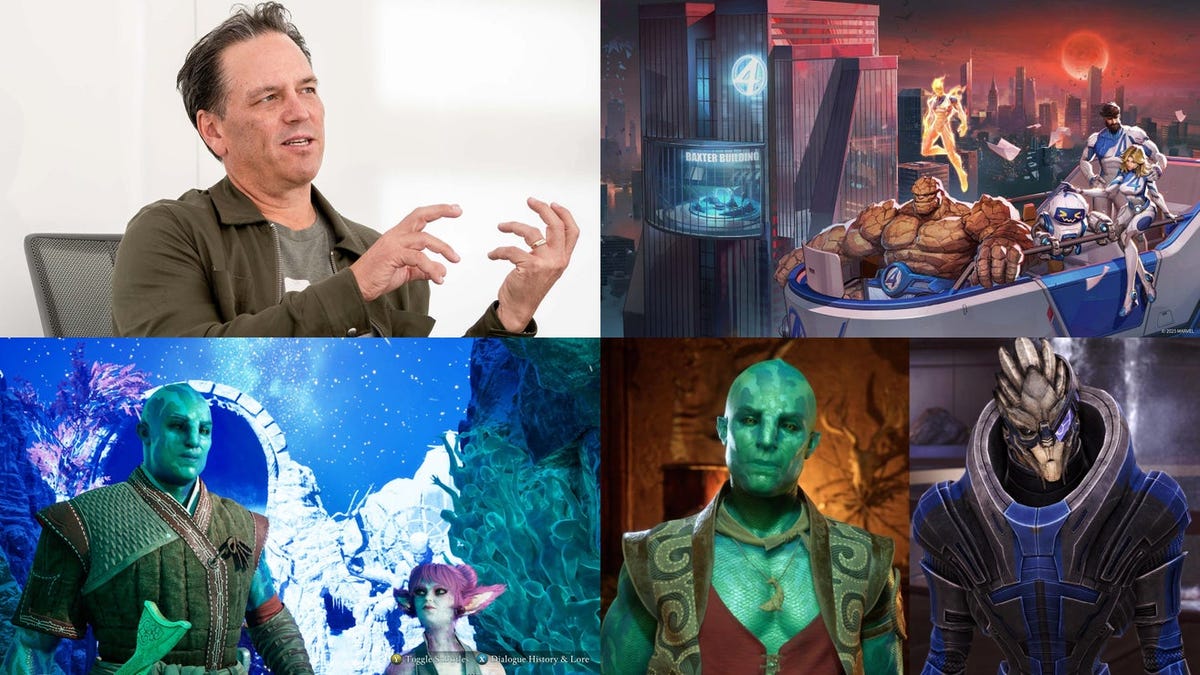

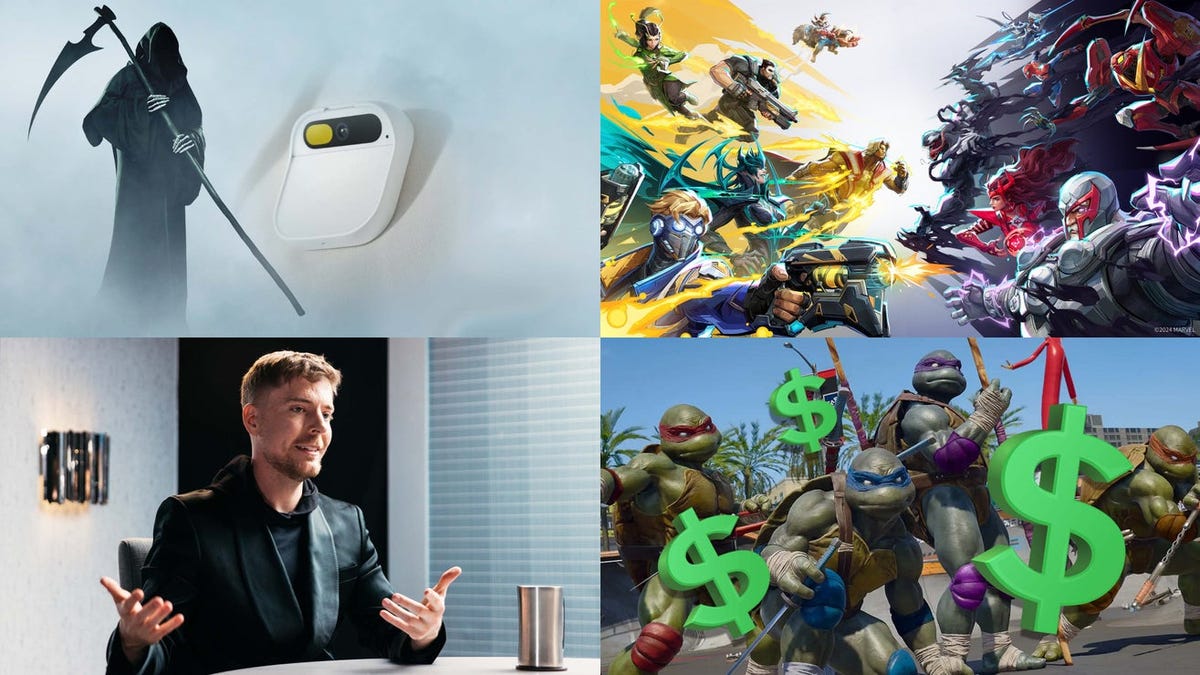


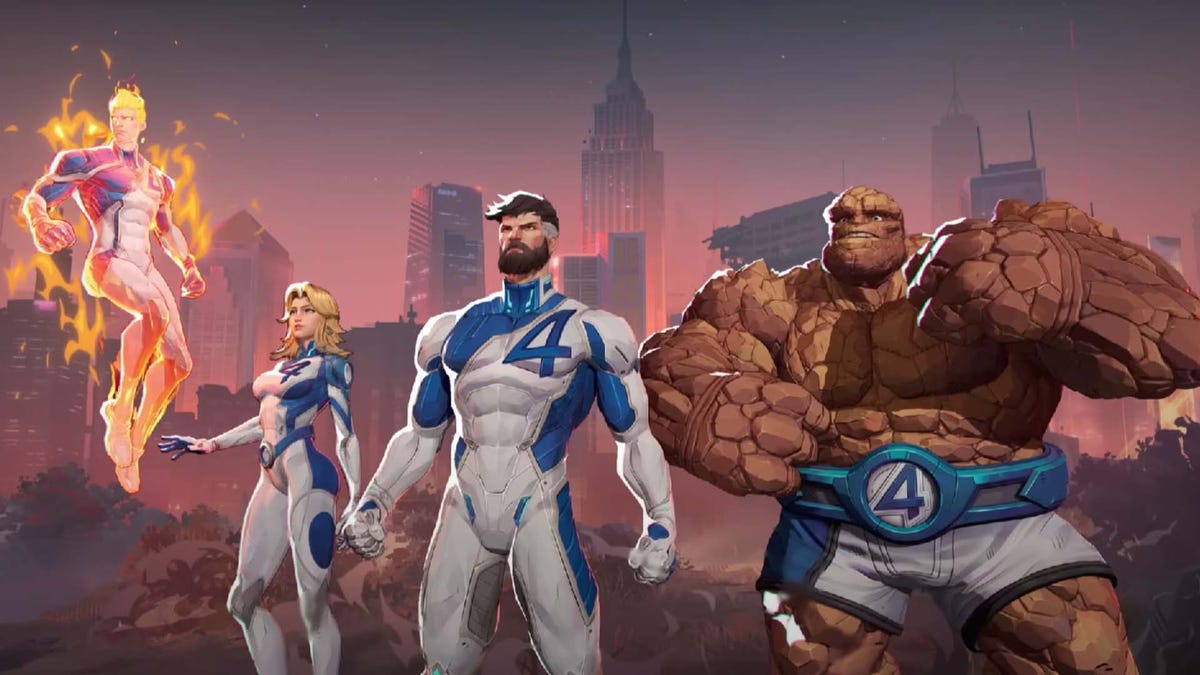

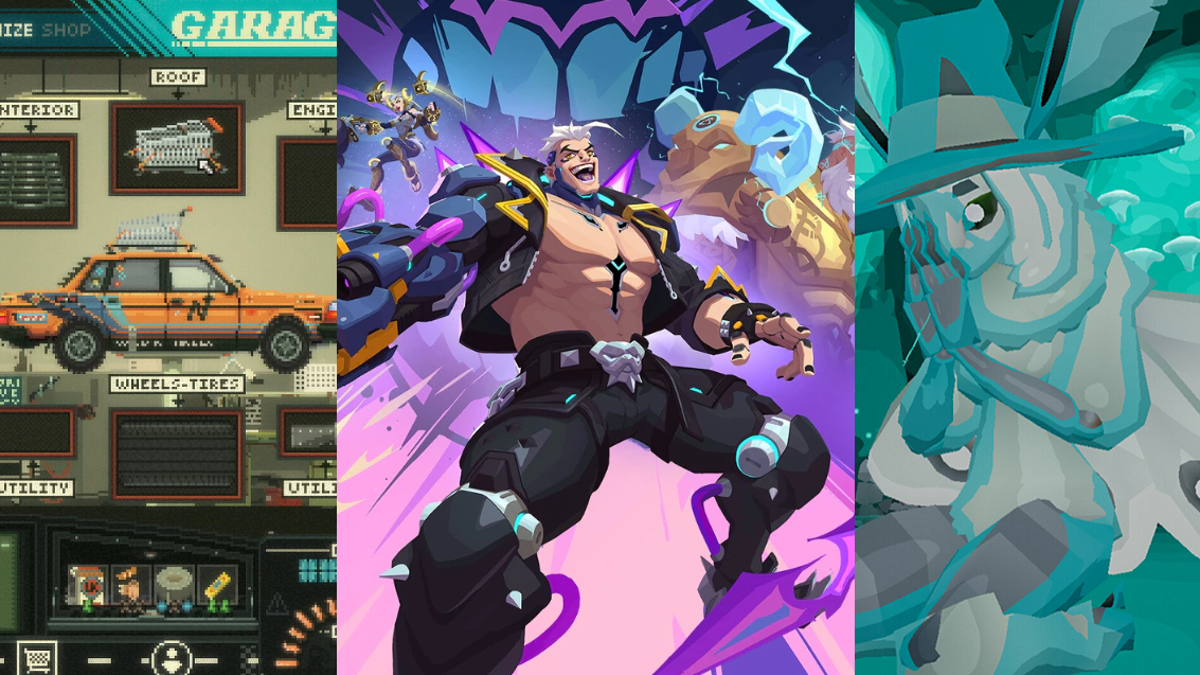
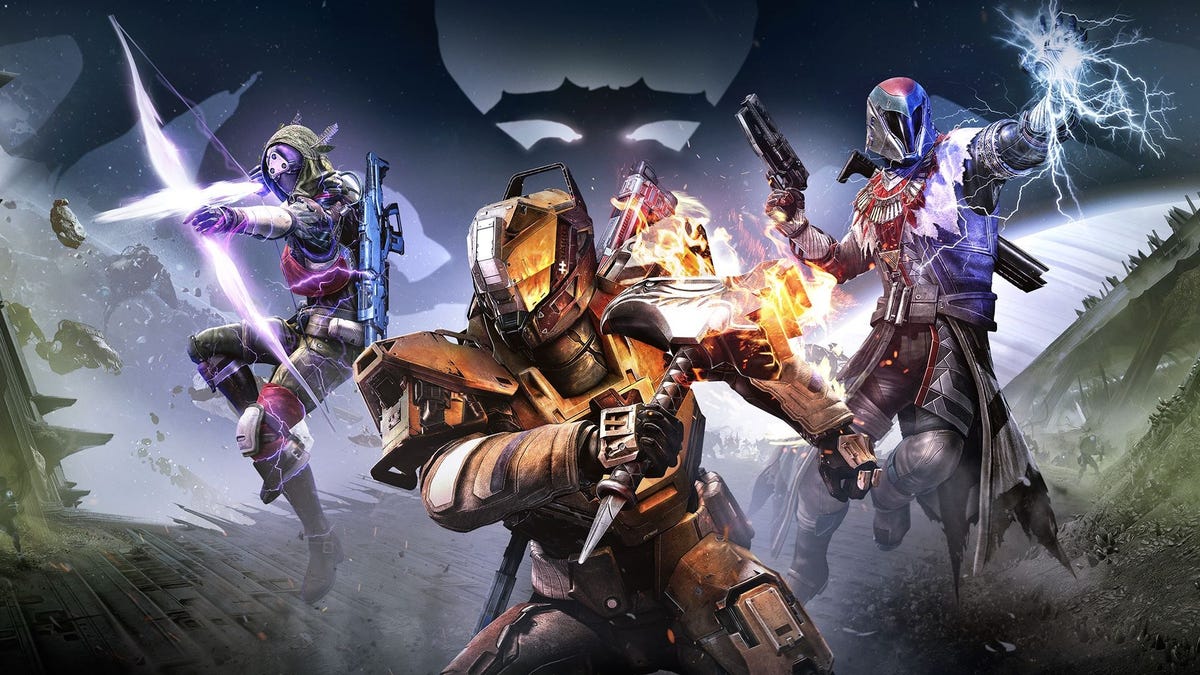
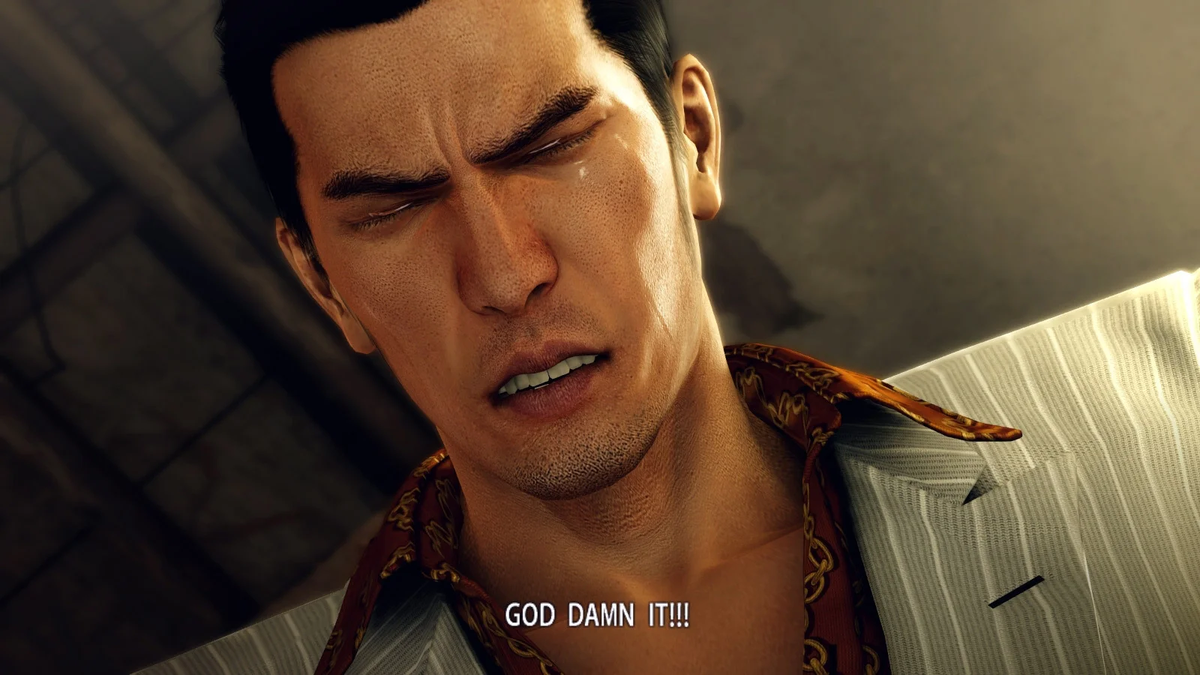
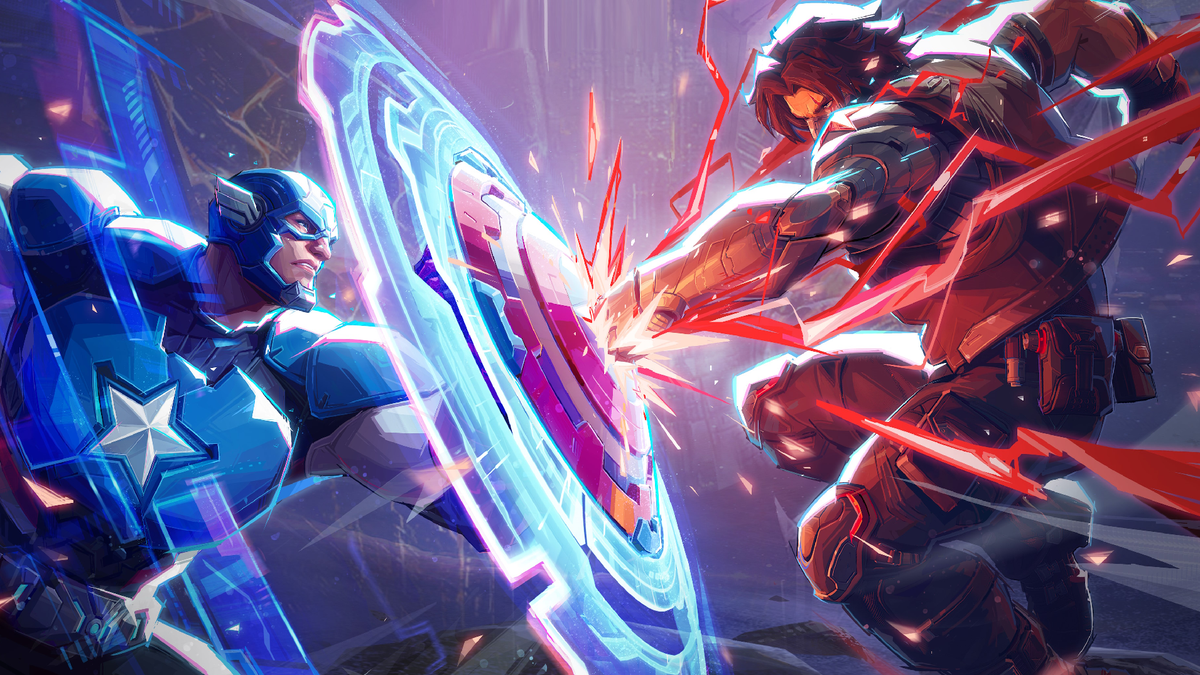


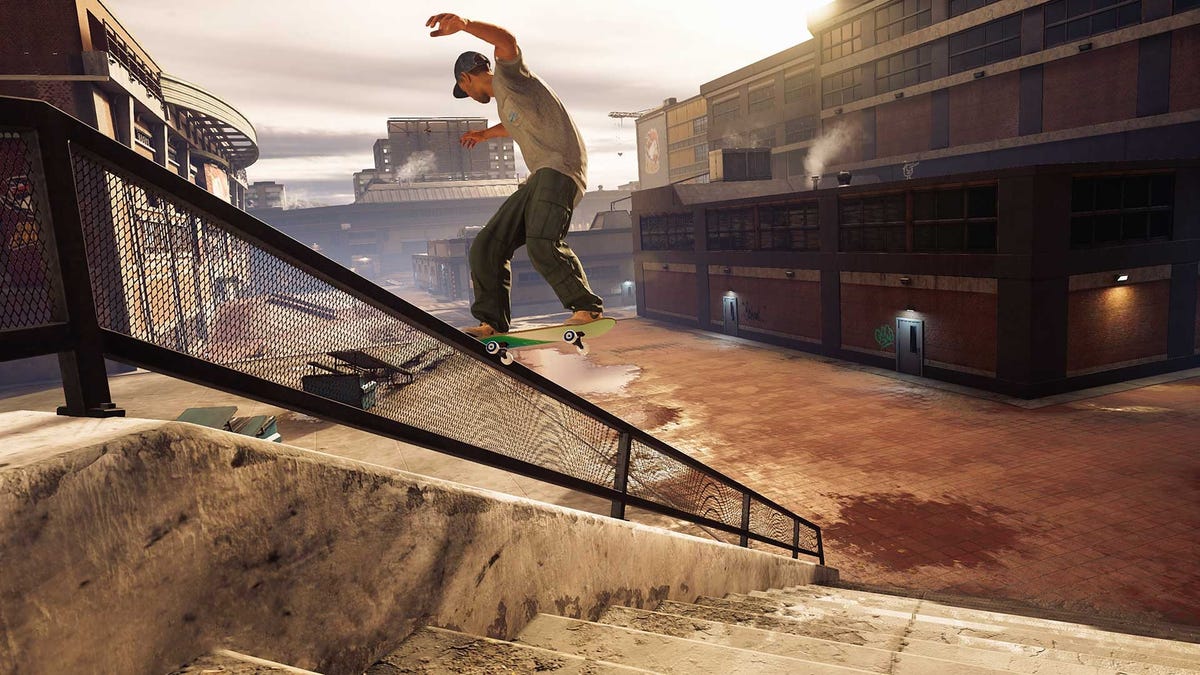



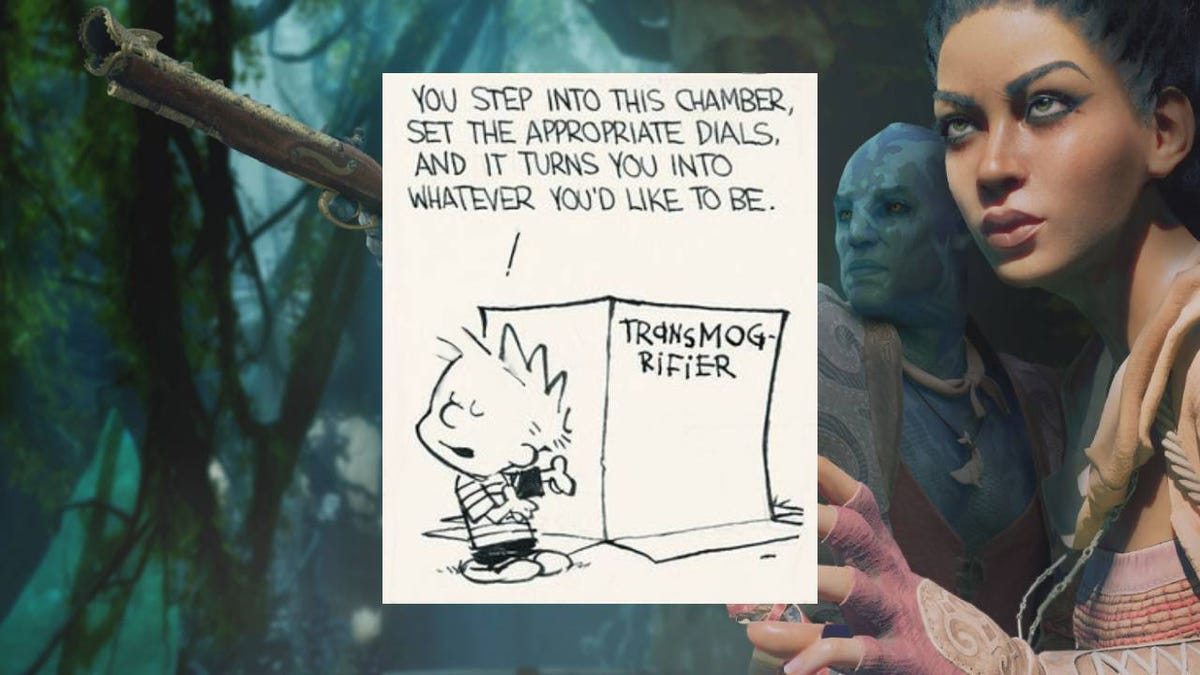


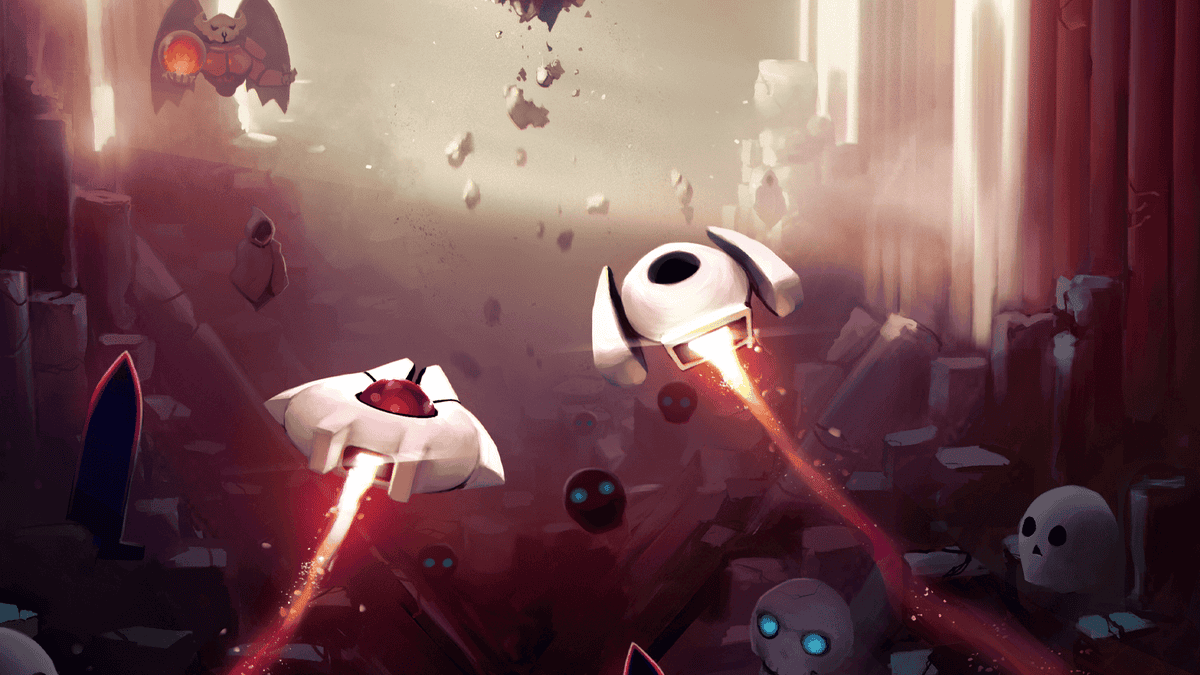

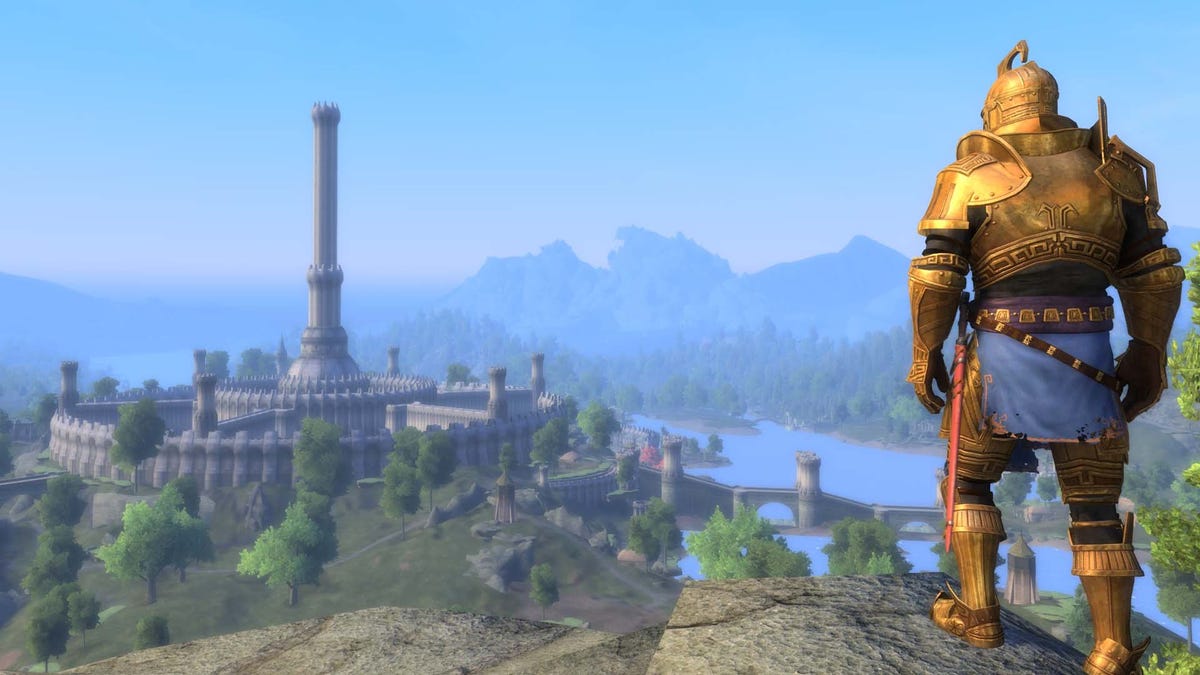

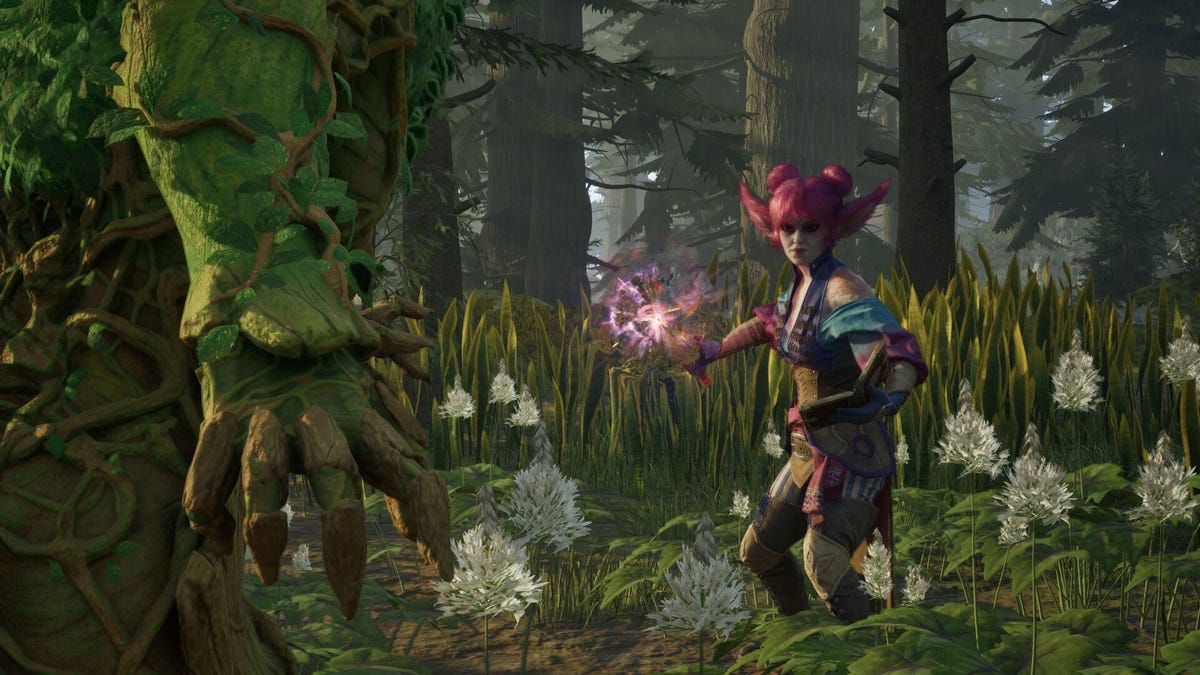
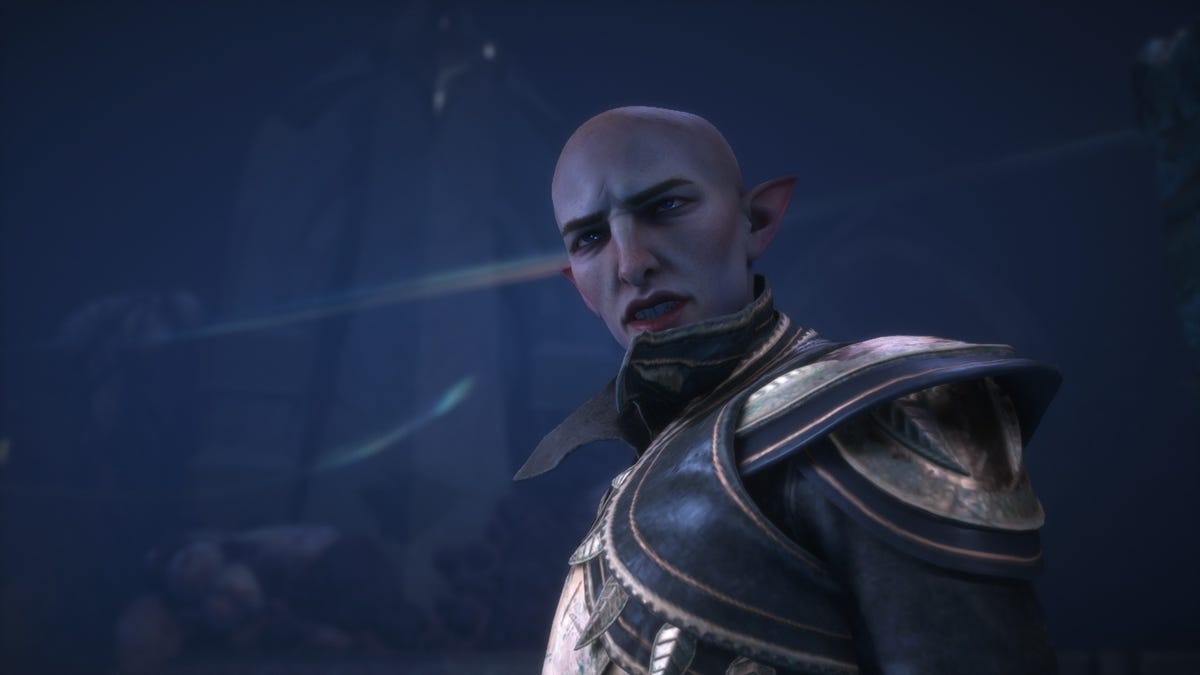
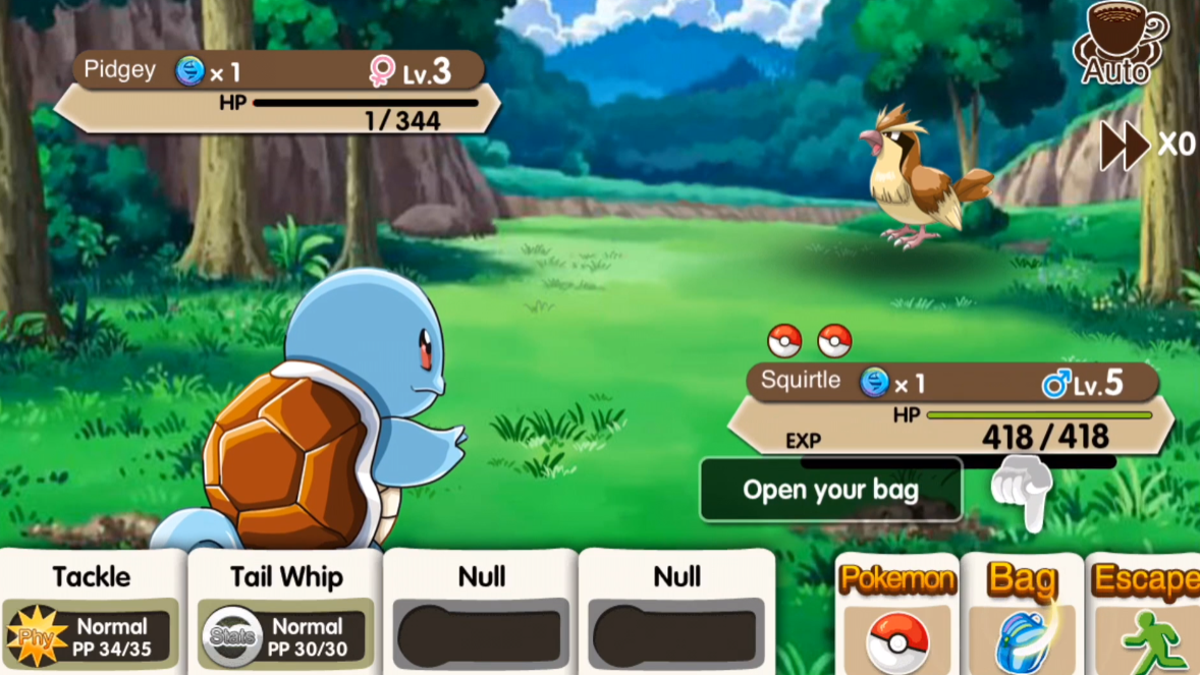
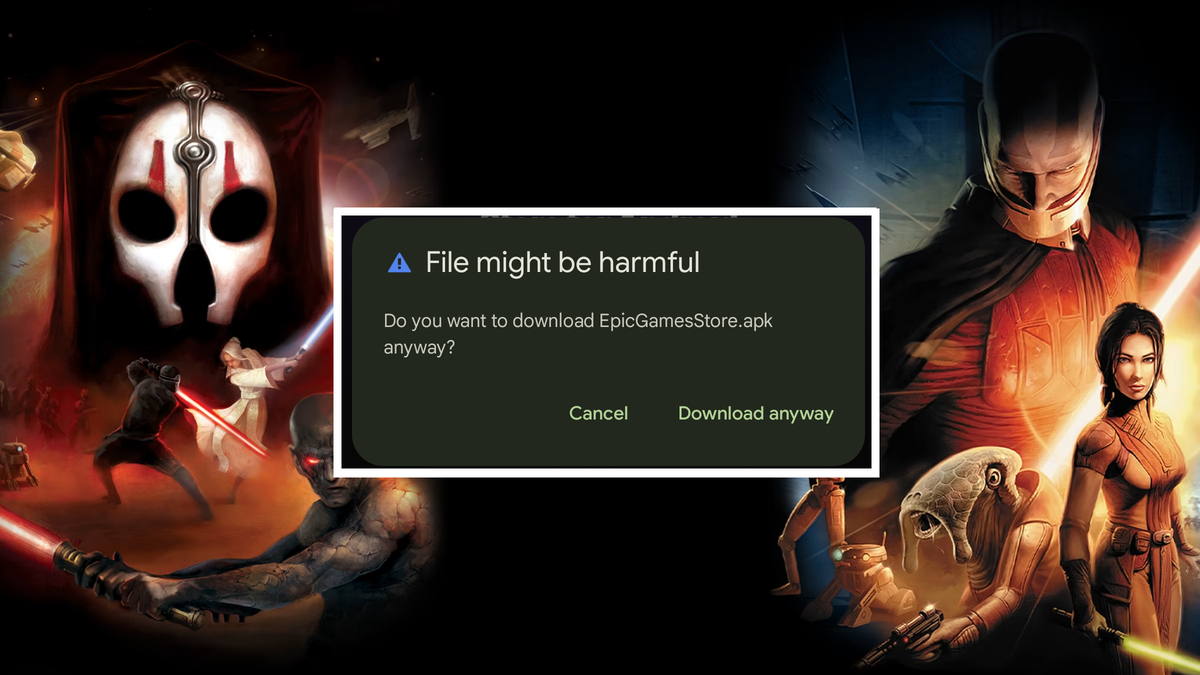
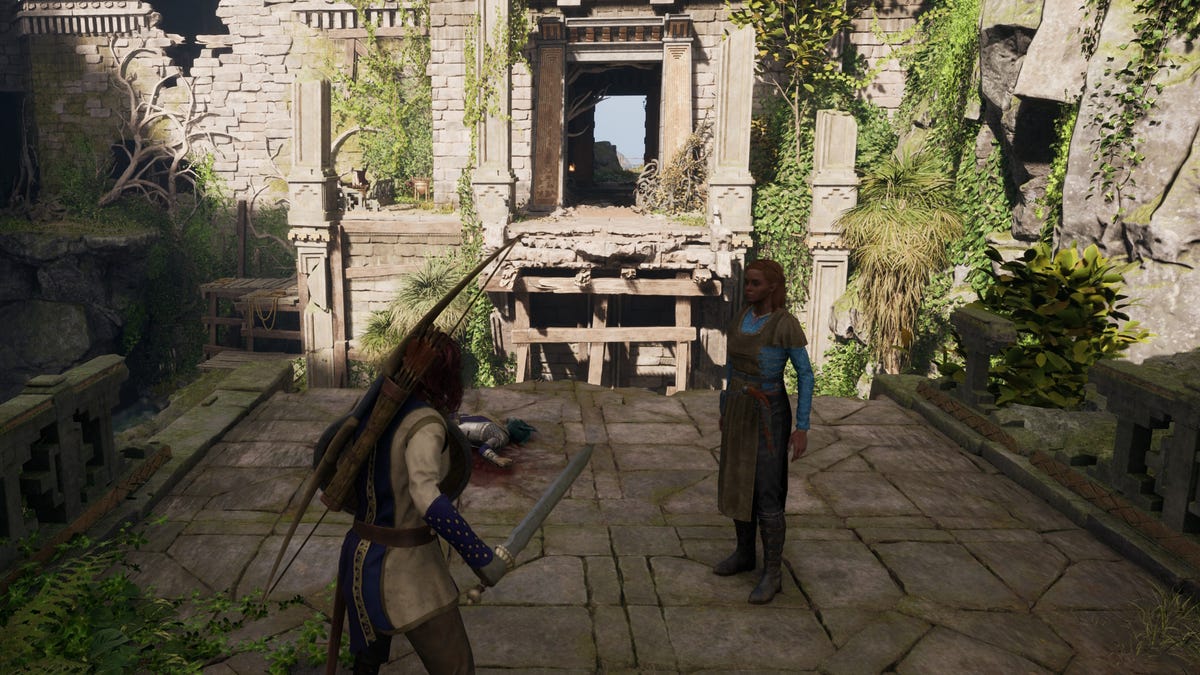
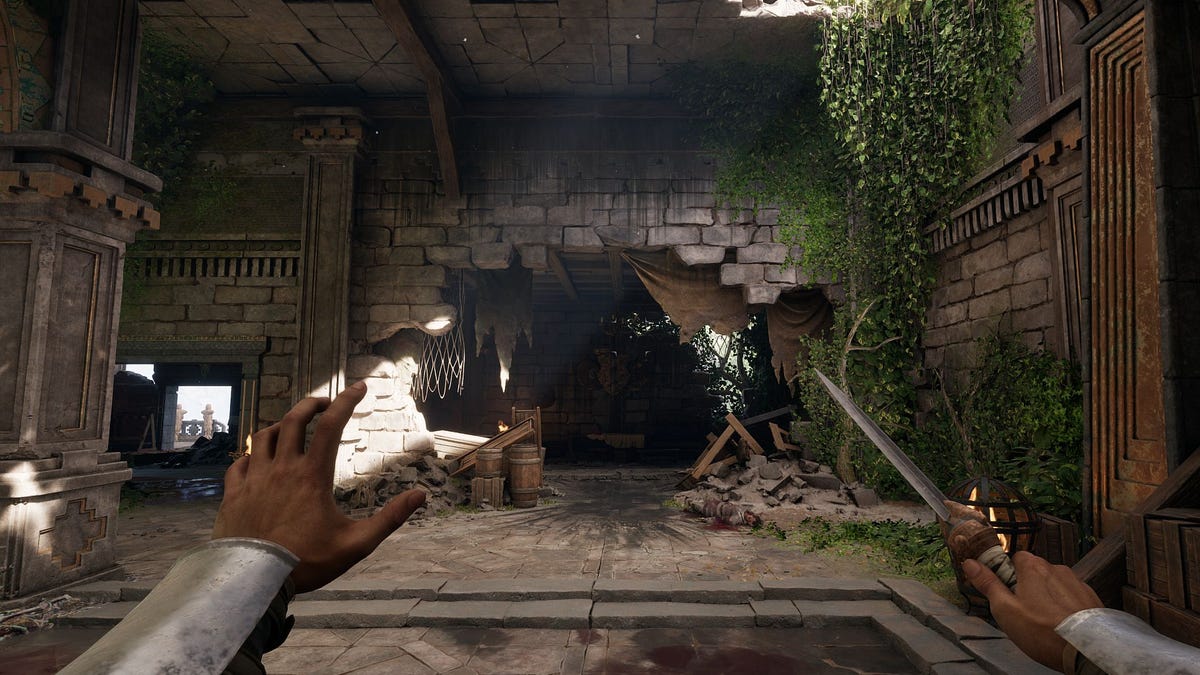
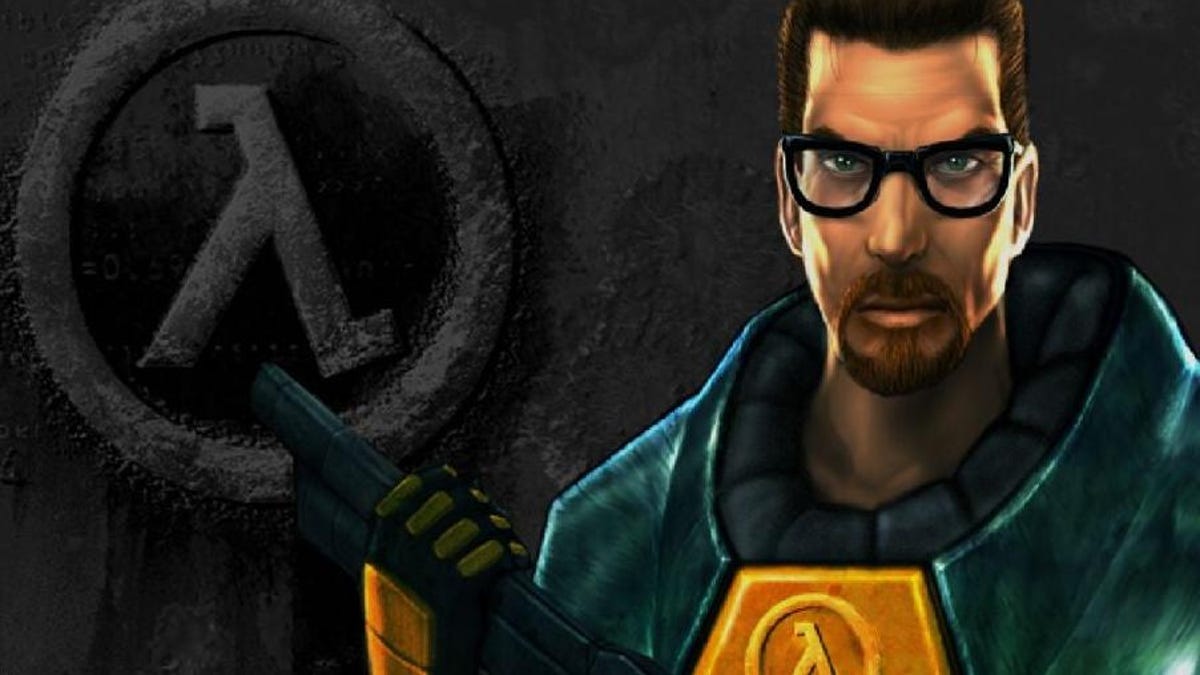
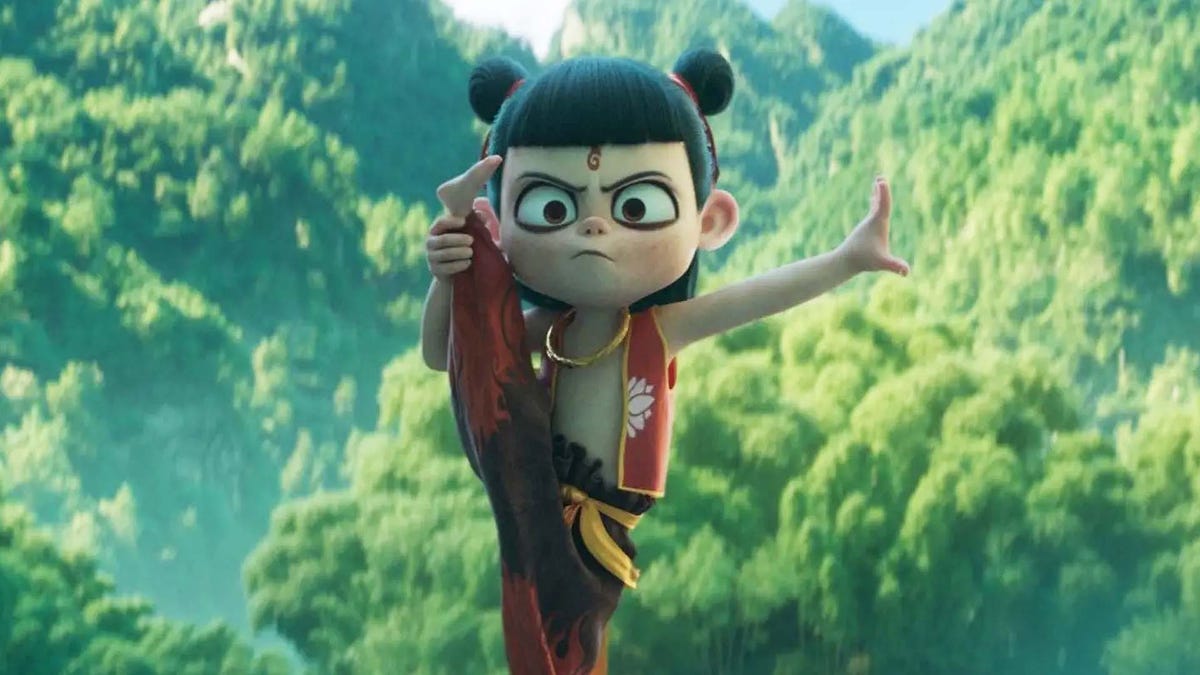
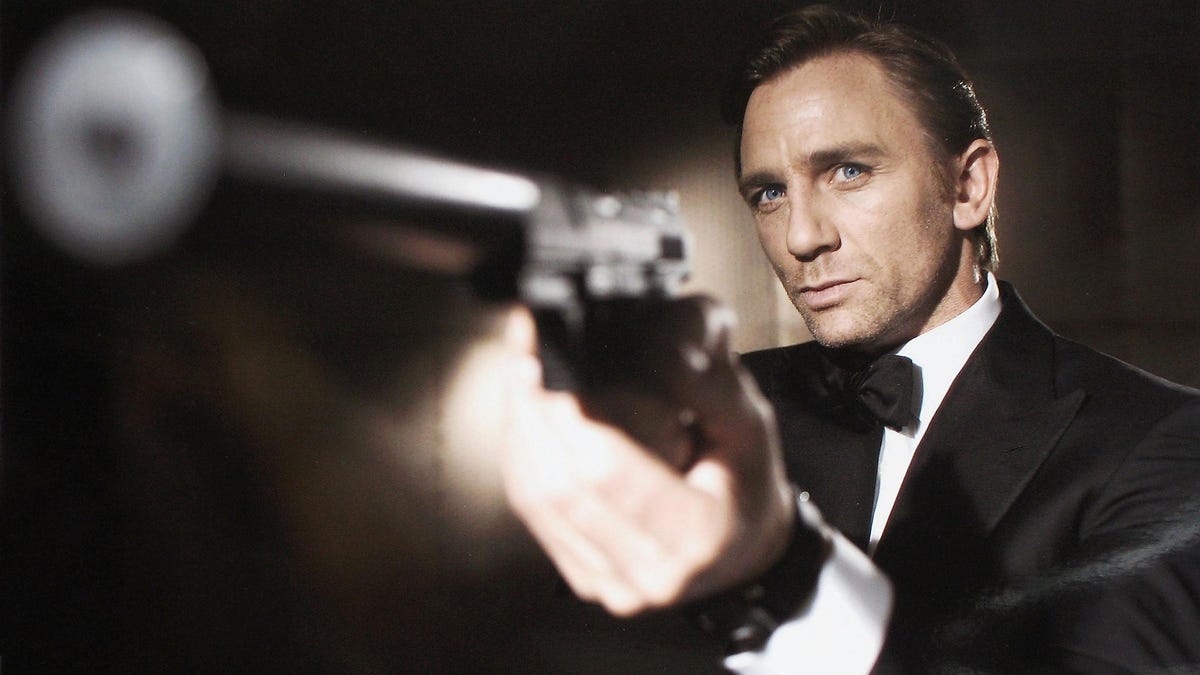


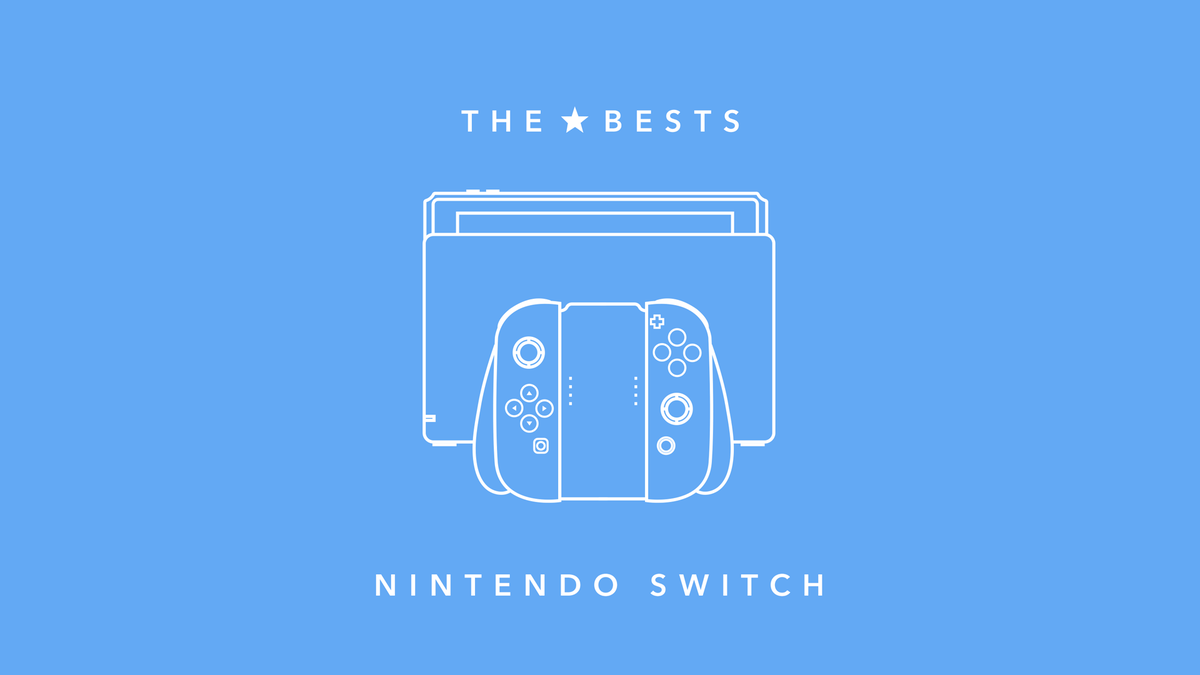
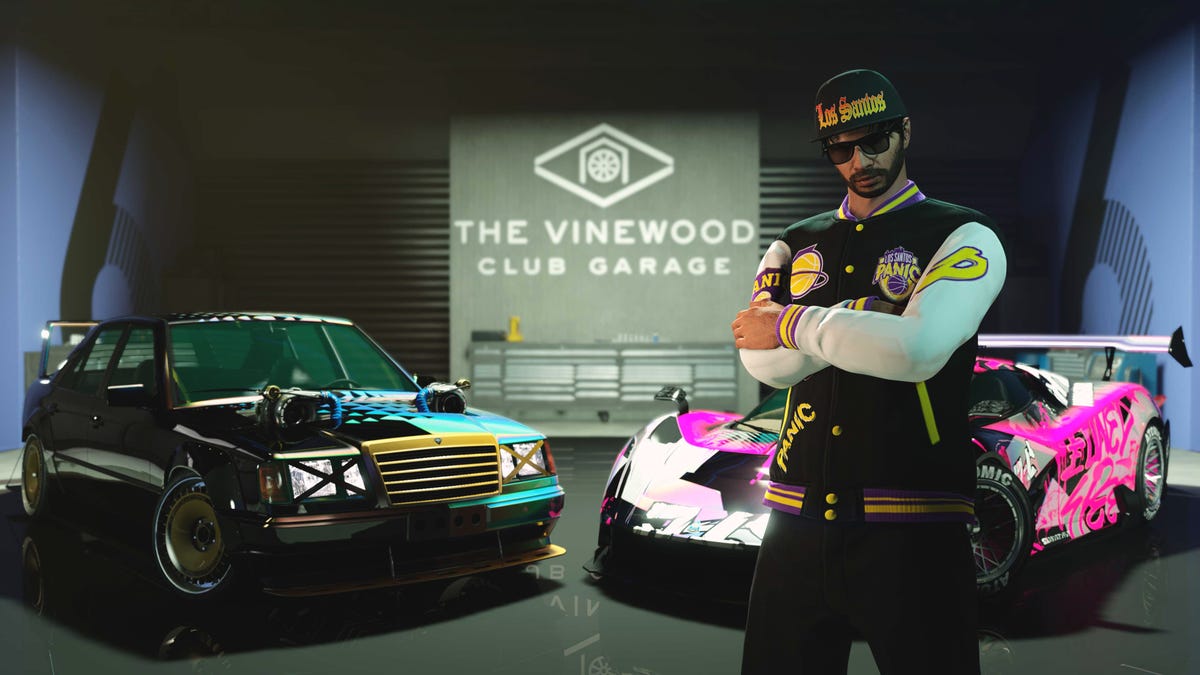




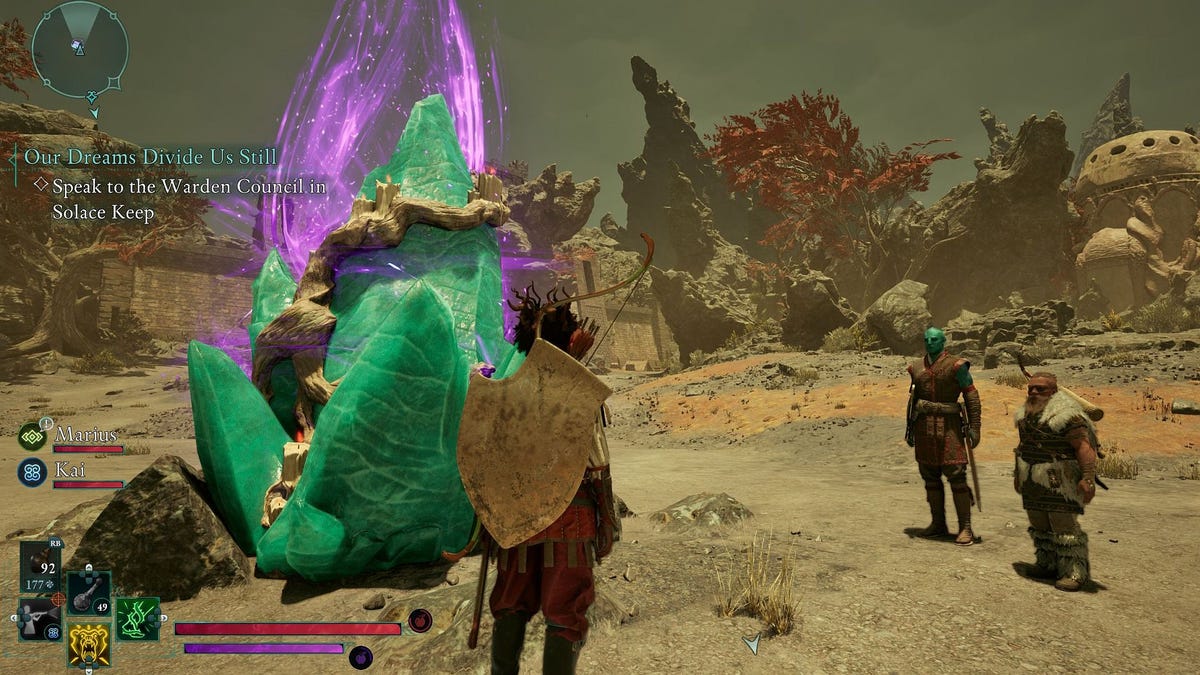



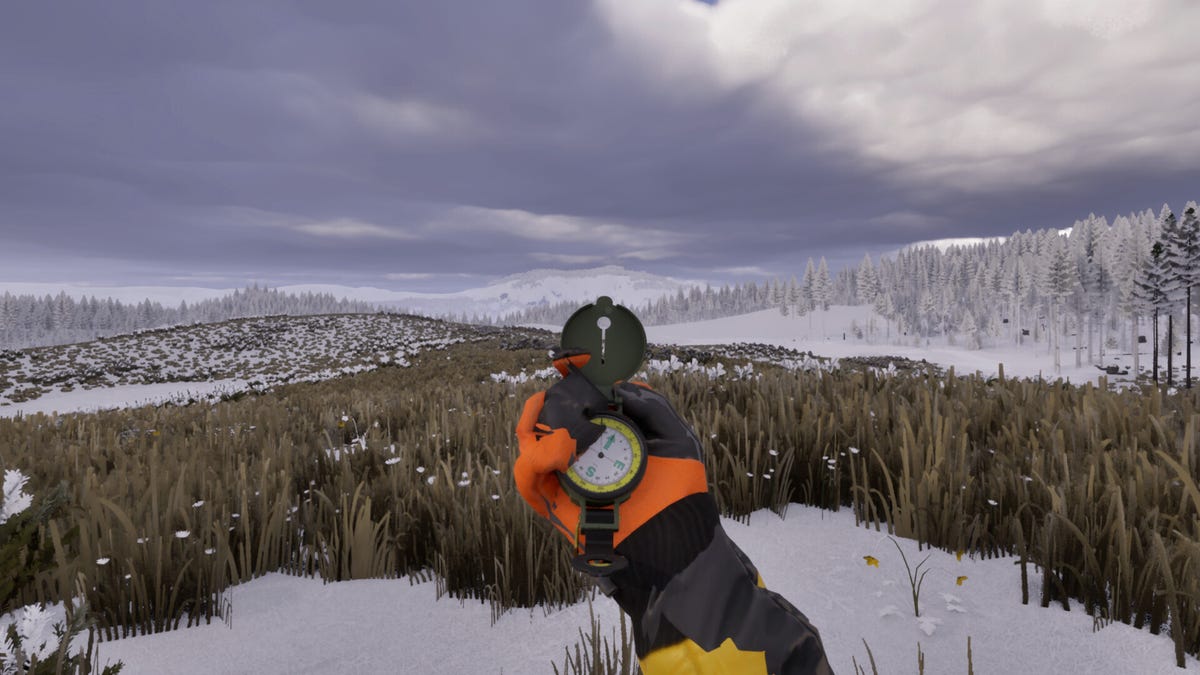


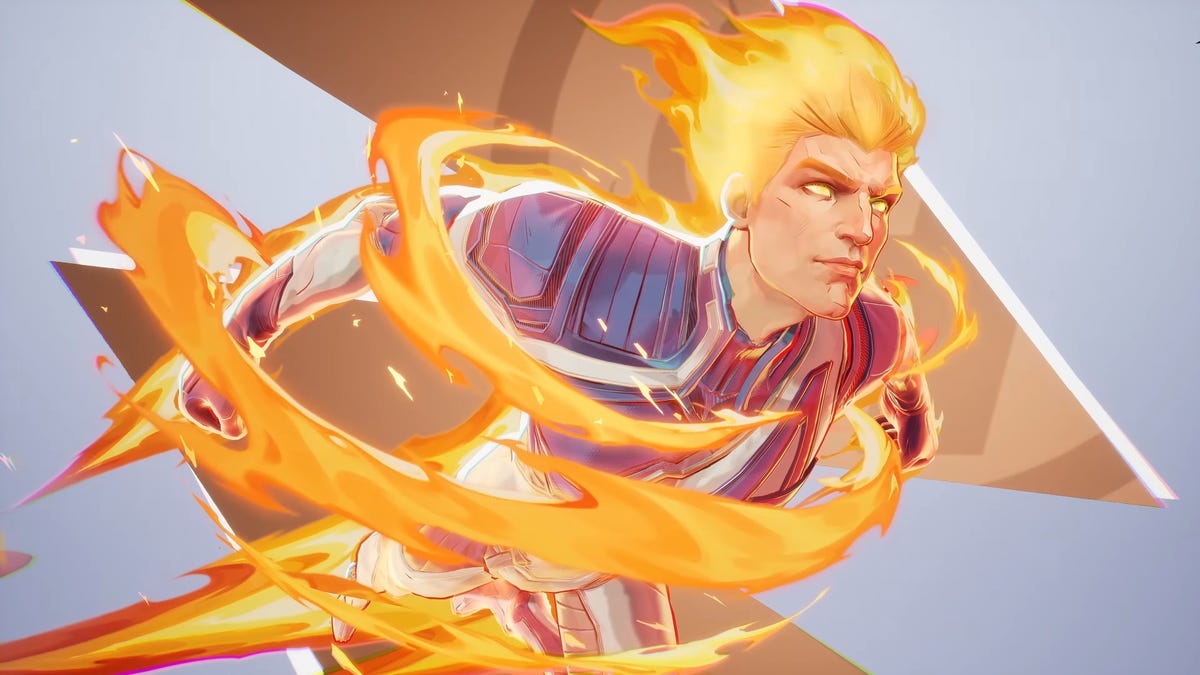
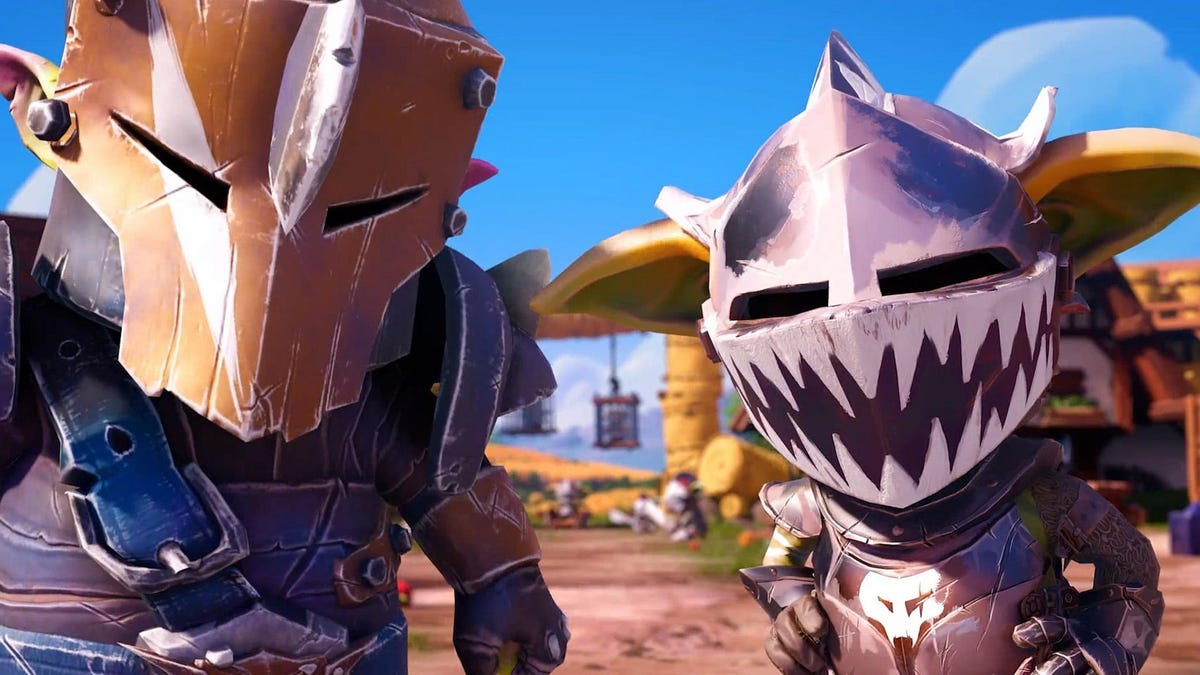





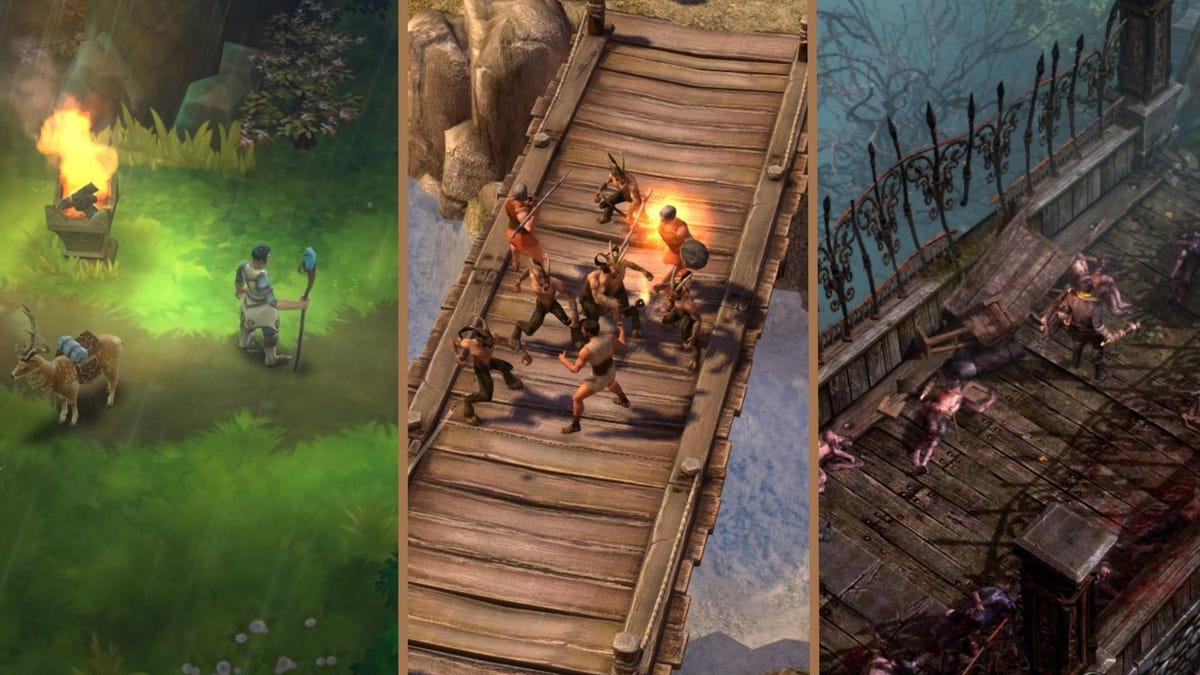

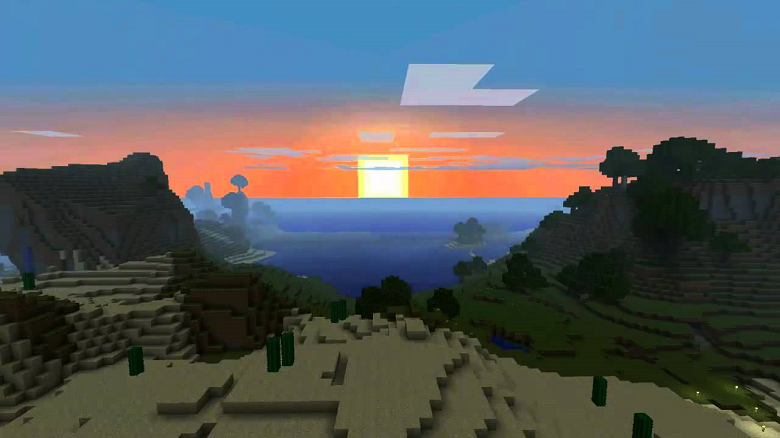

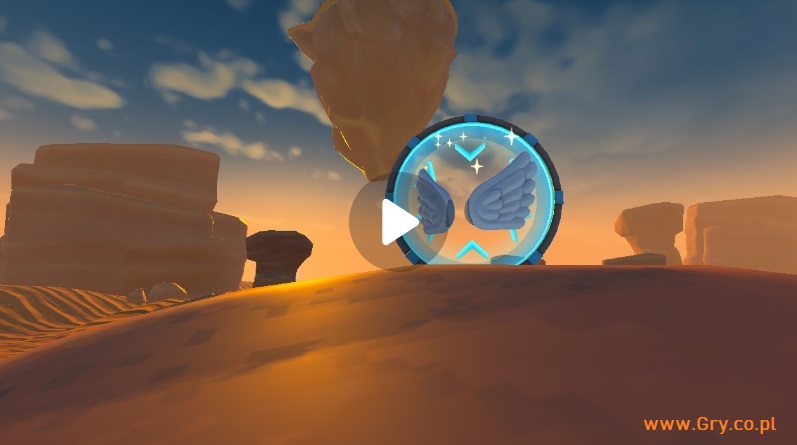


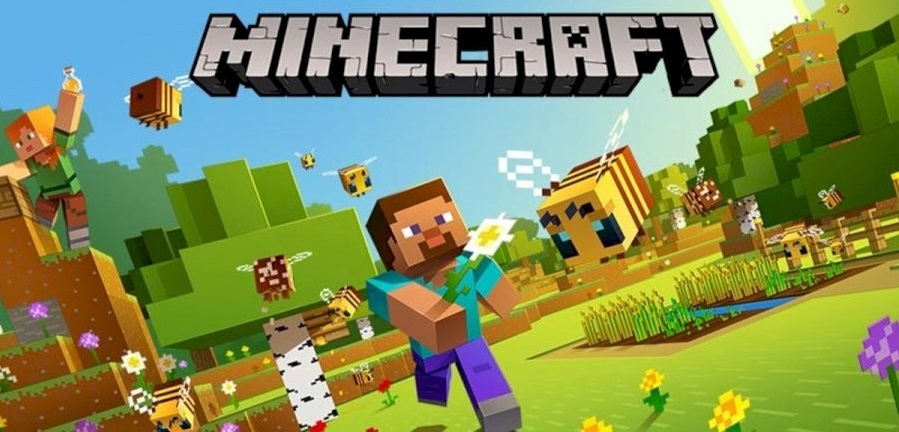

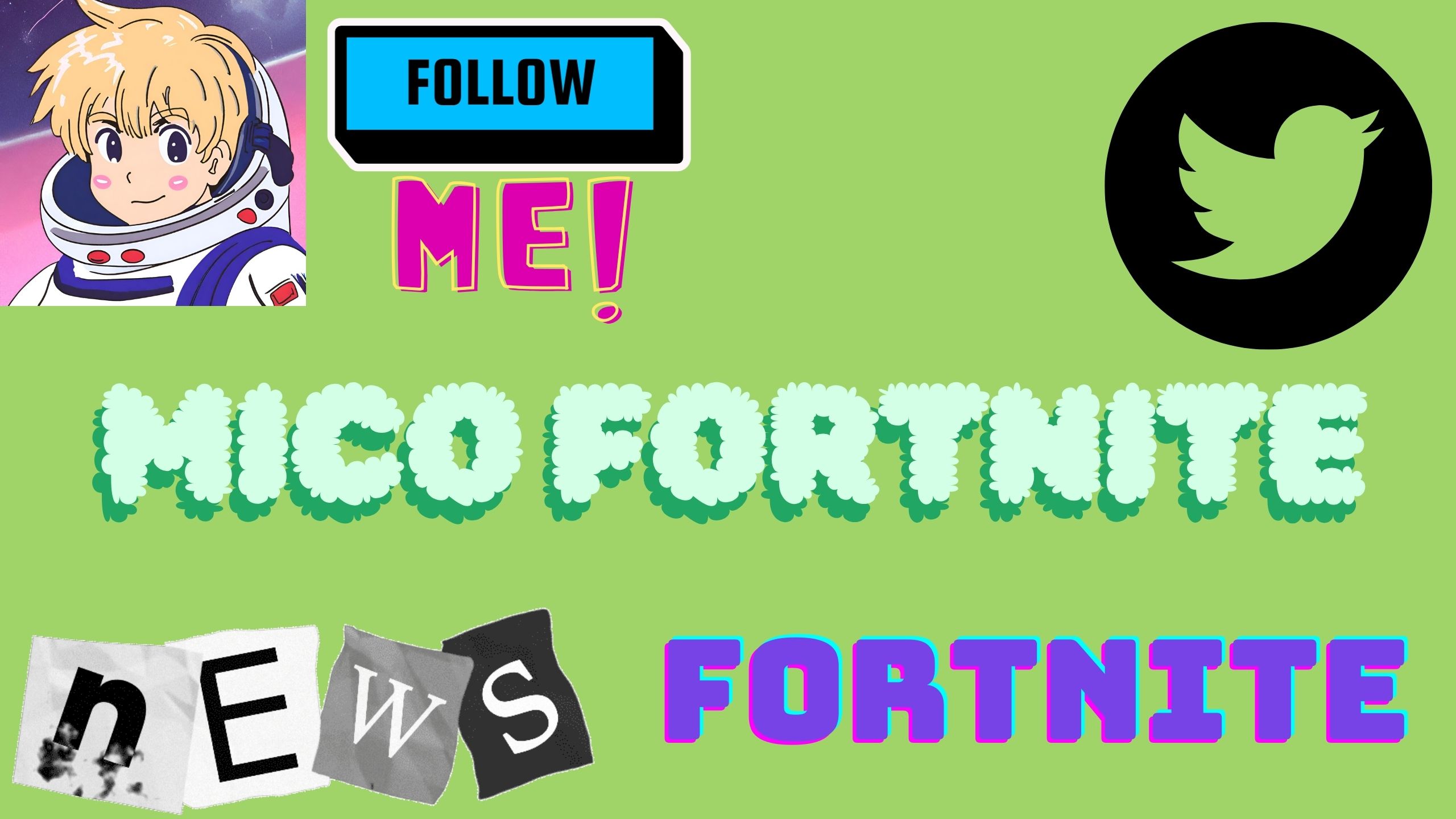

.png)

.png)

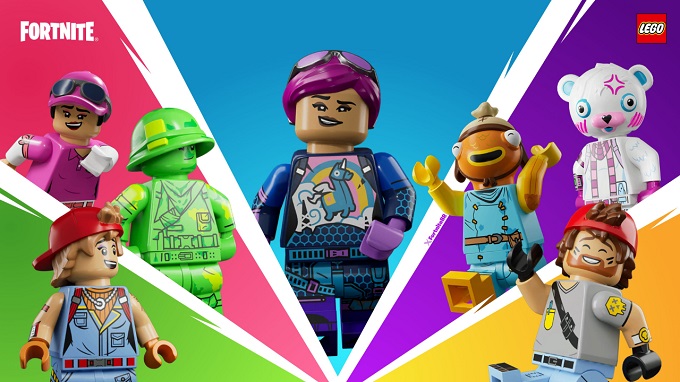
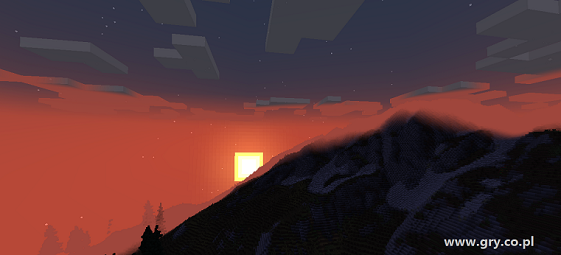






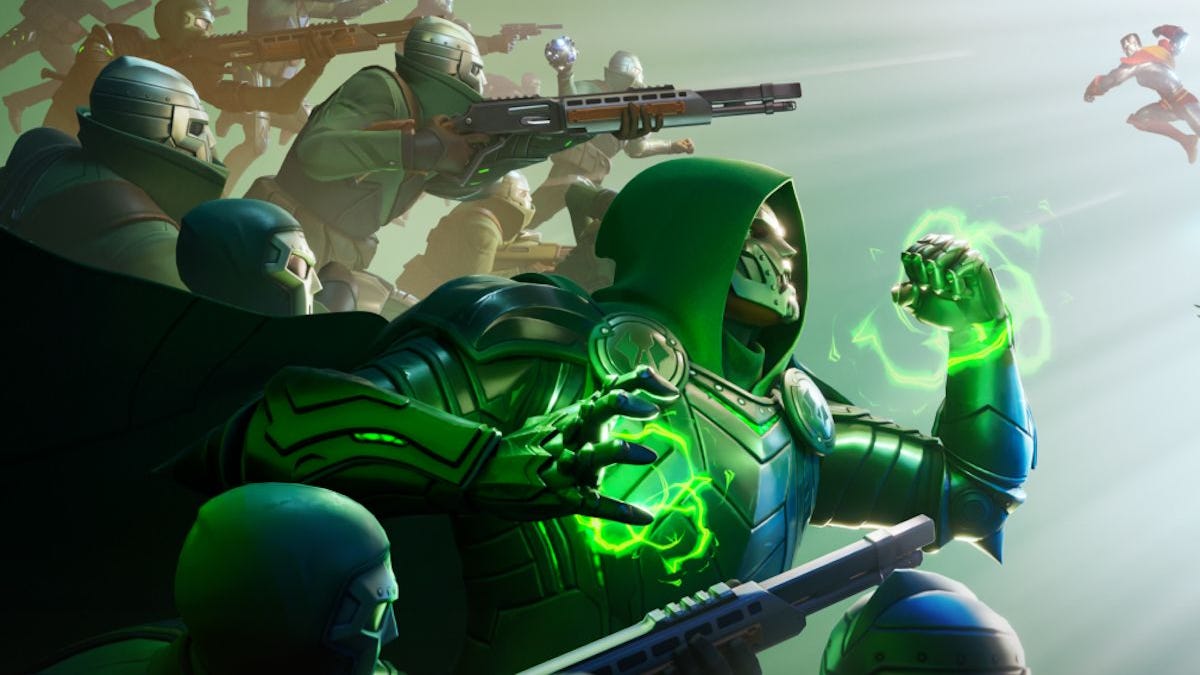

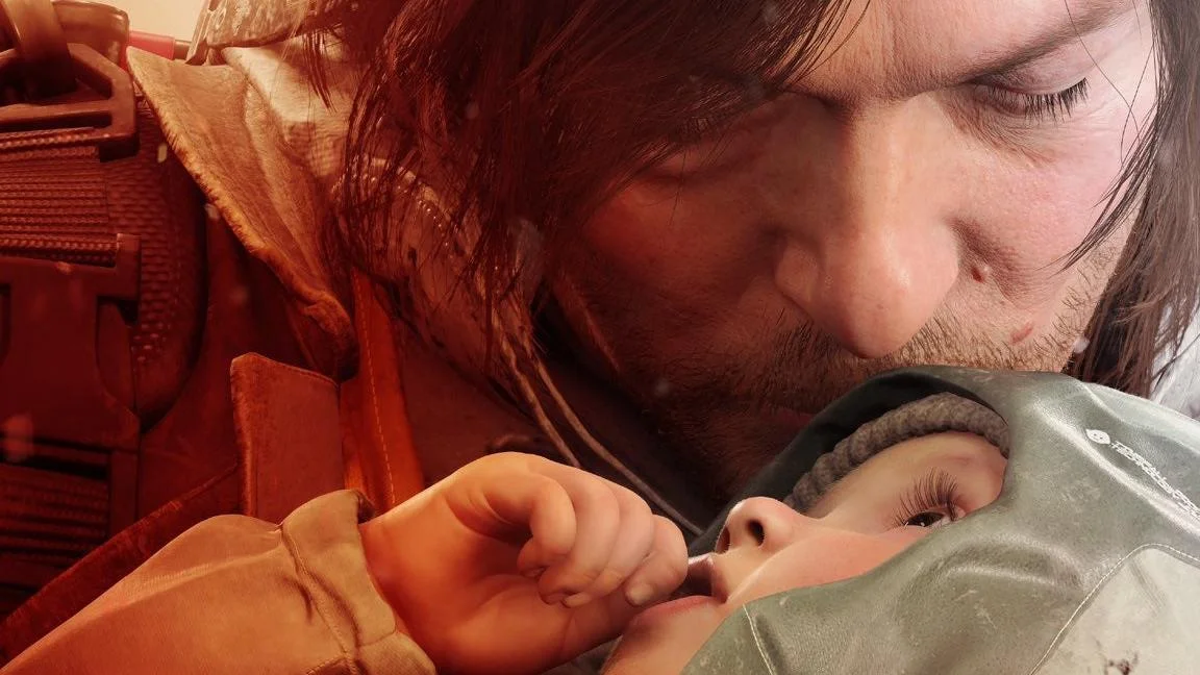




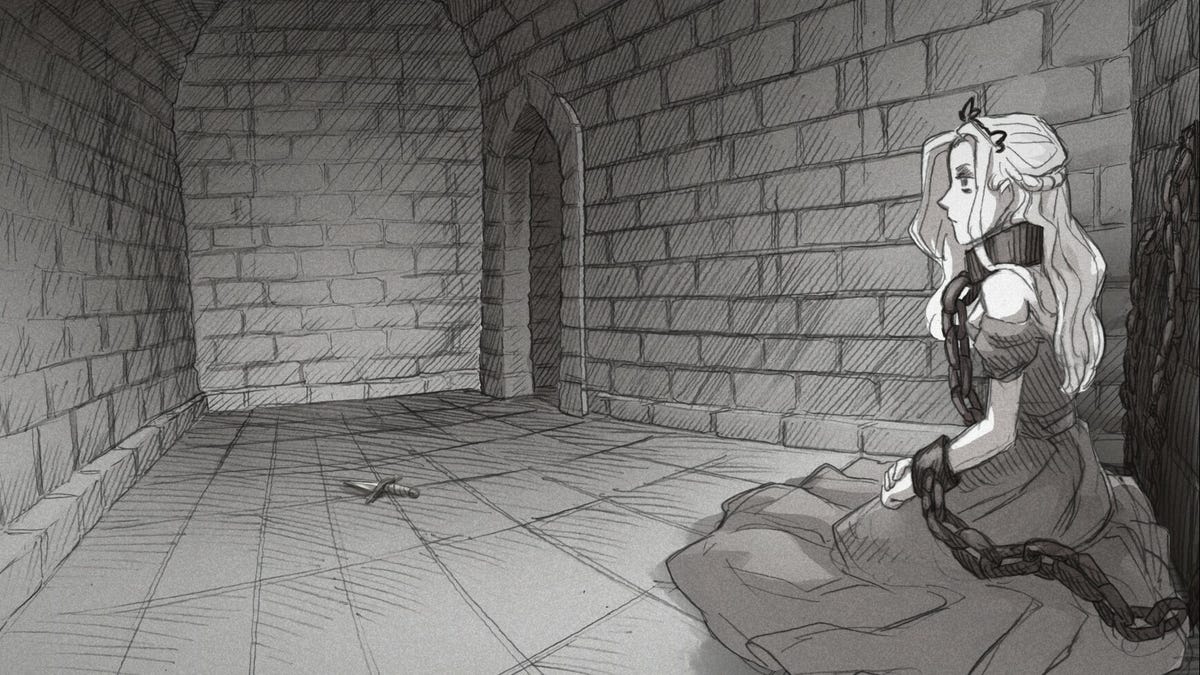
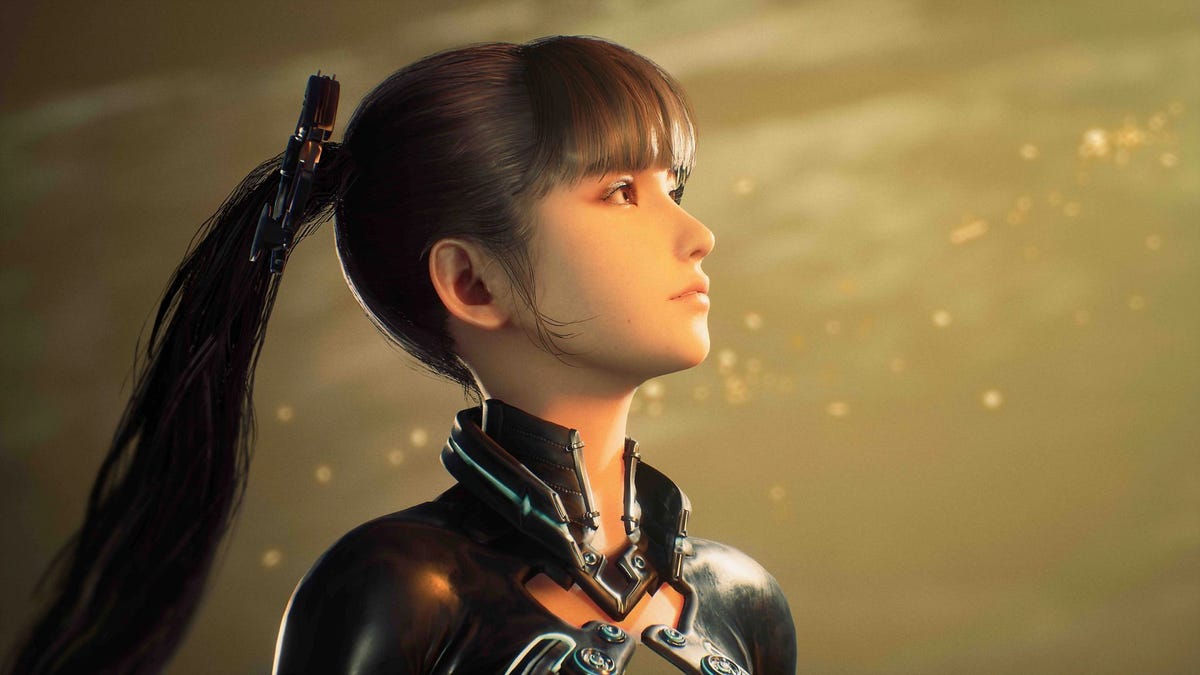


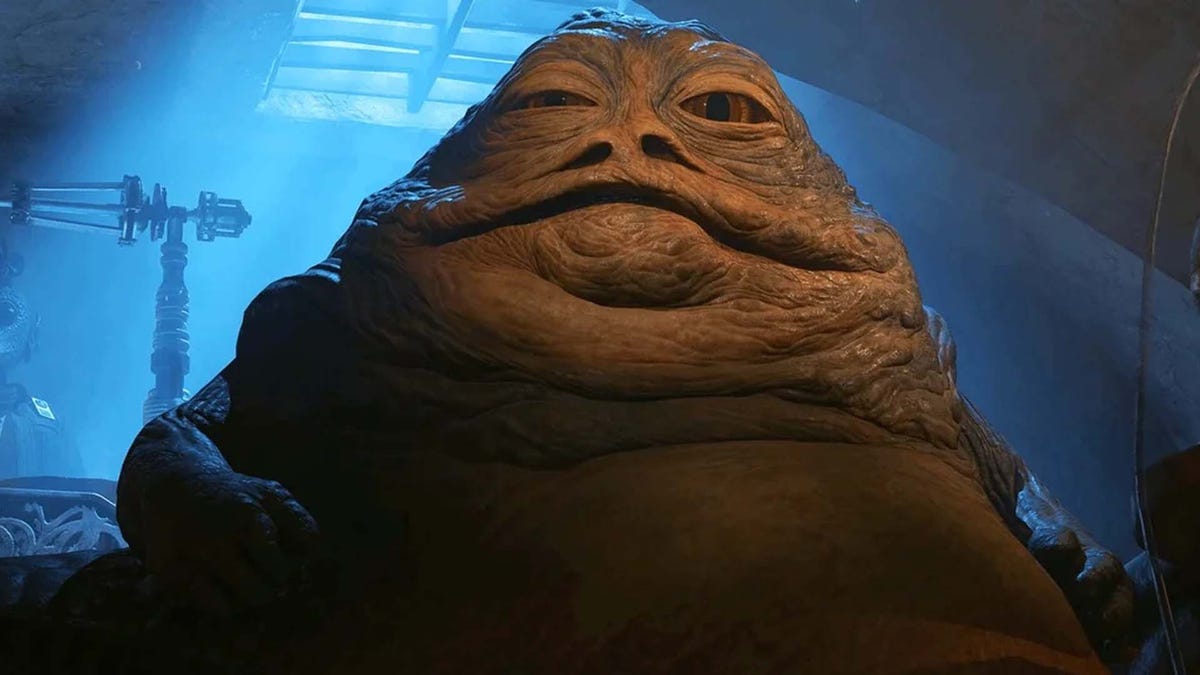
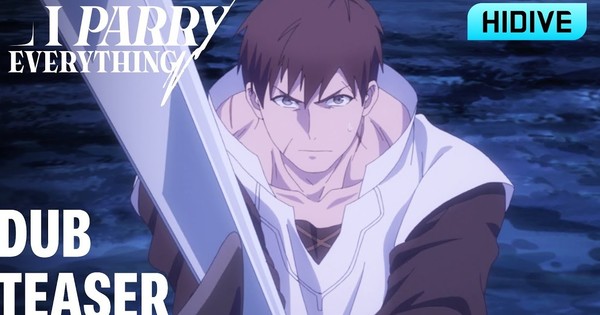
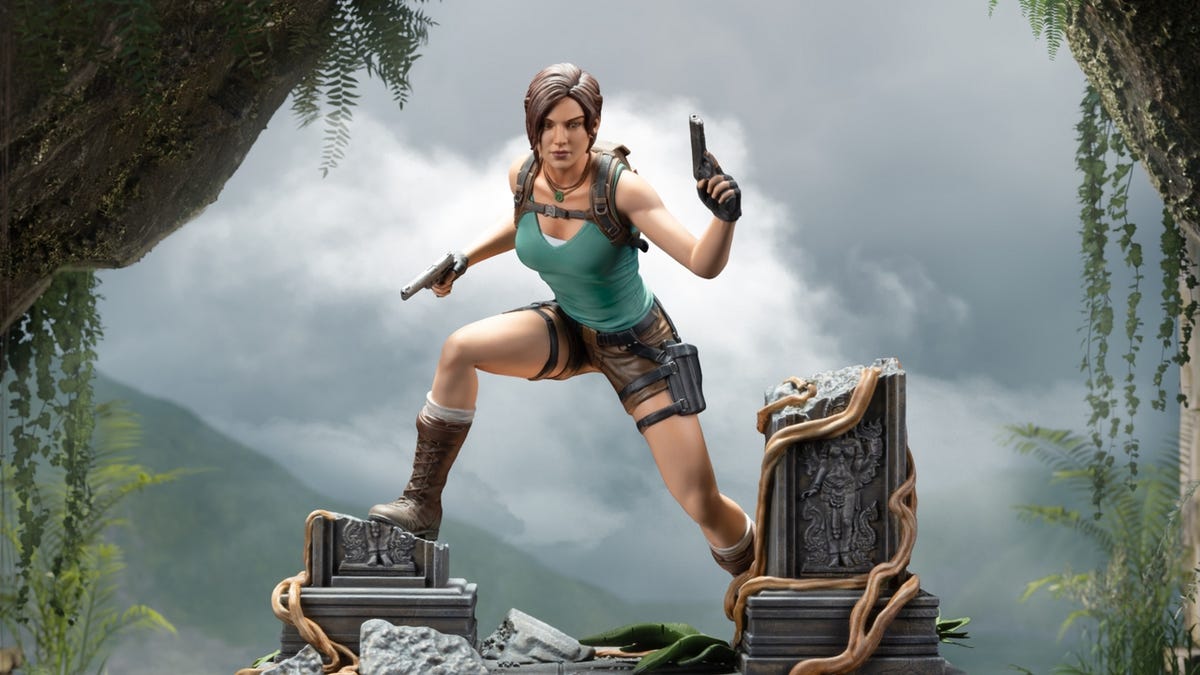
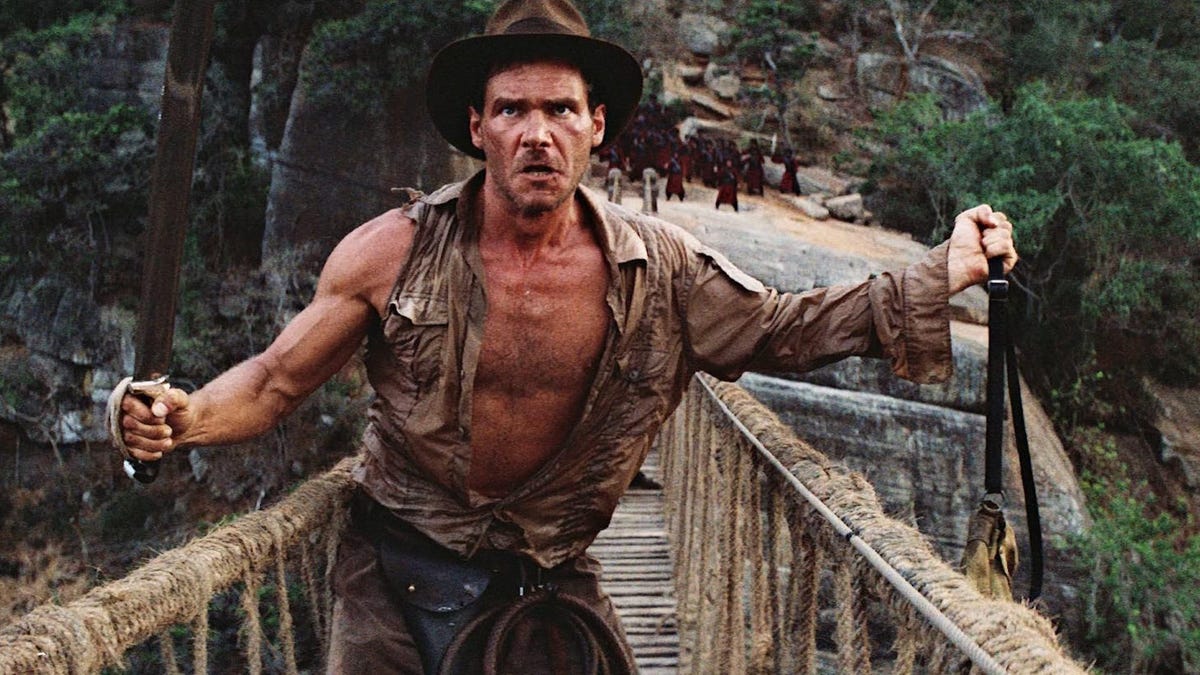
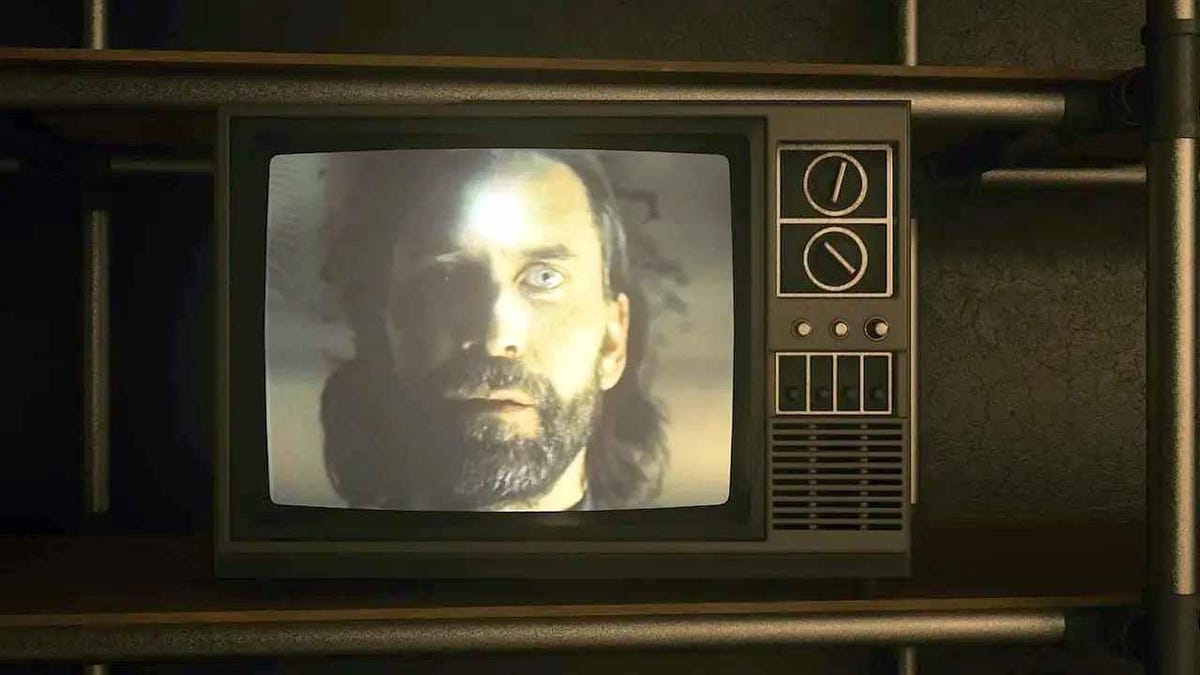
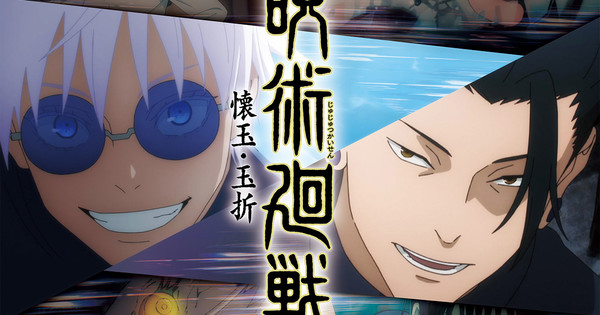
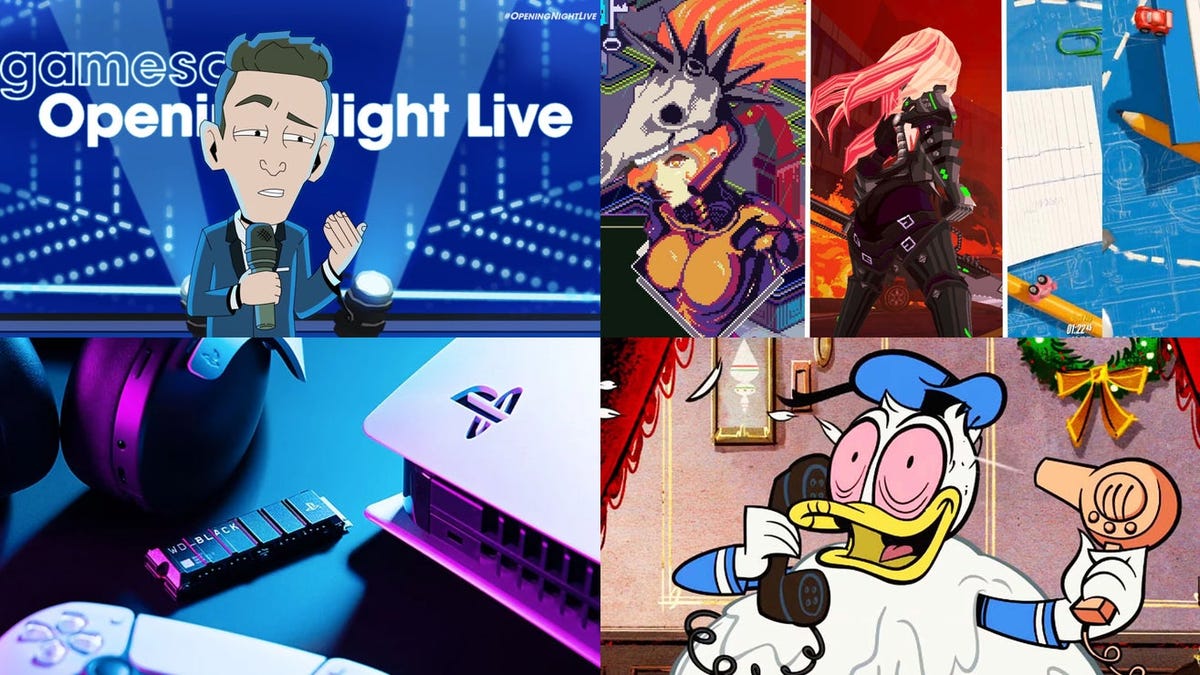

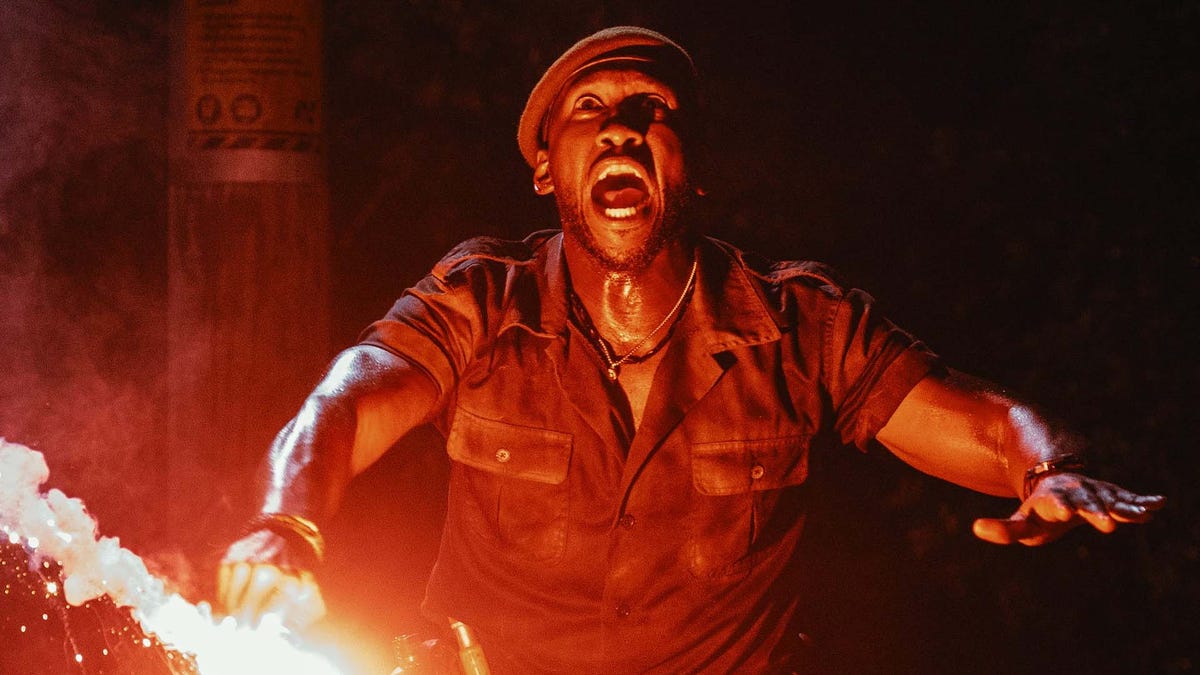
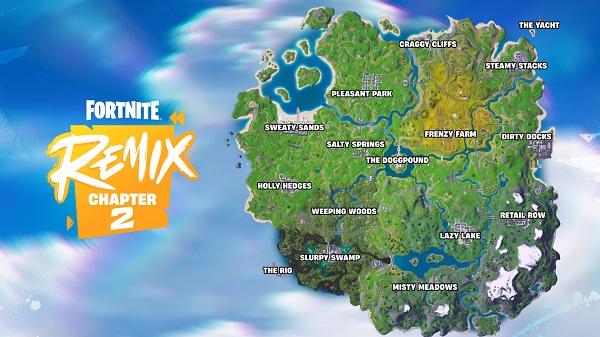
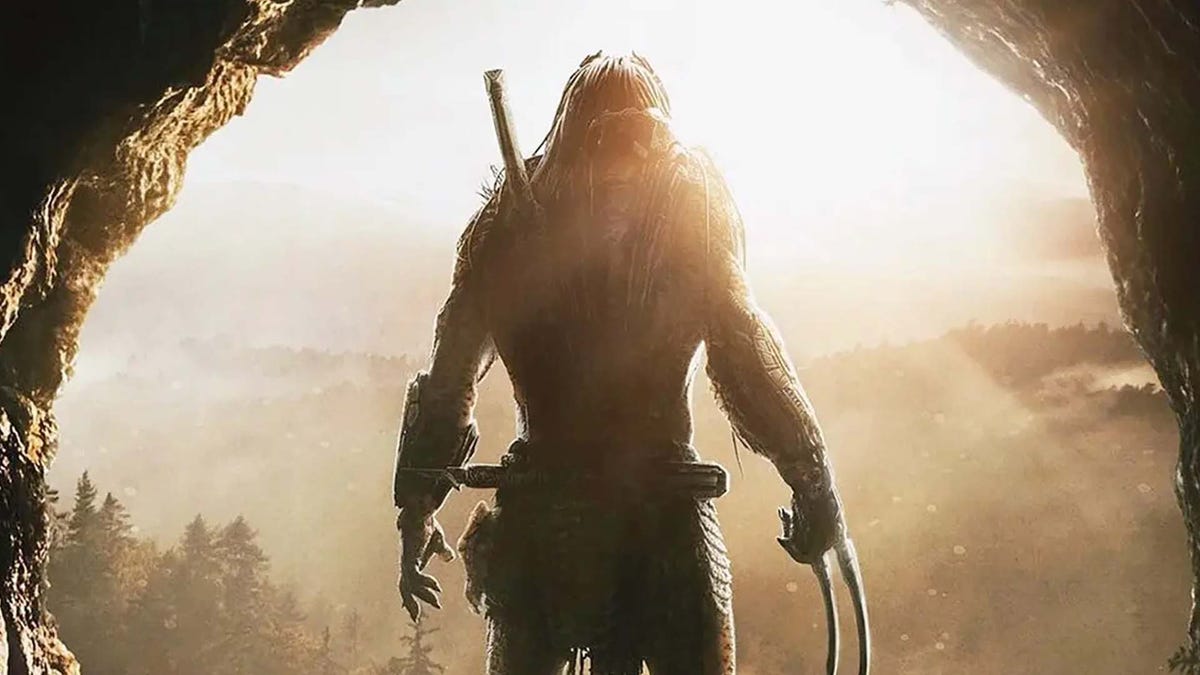

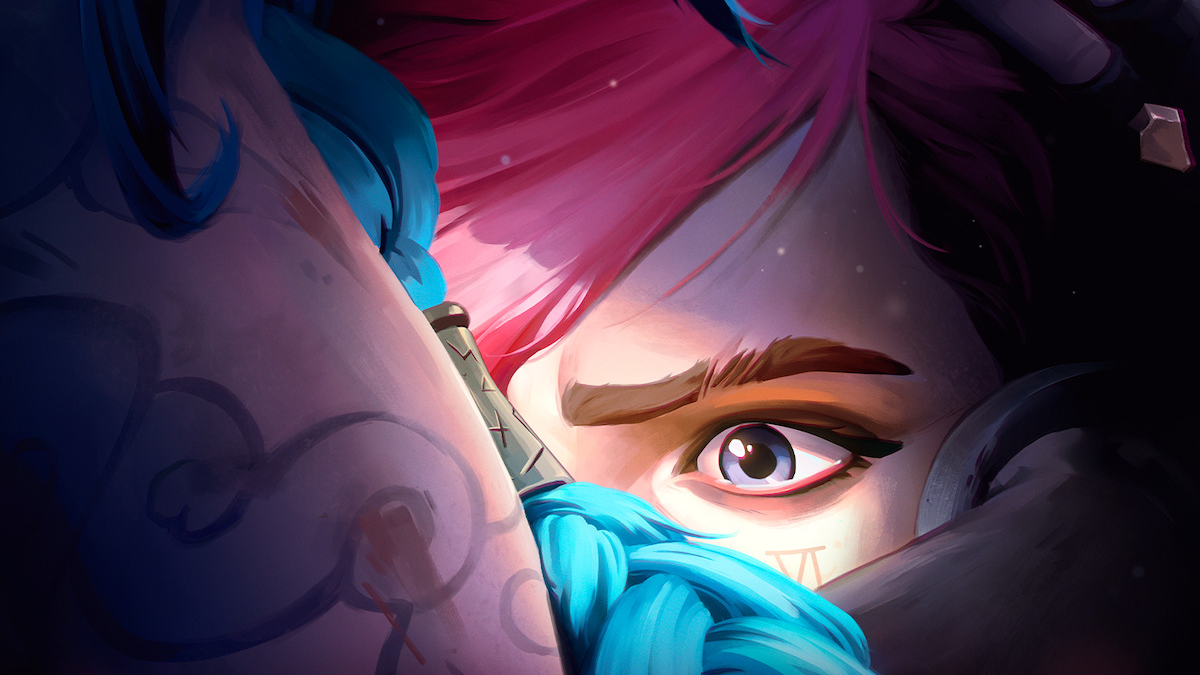
 Bengali (Bangladesh) ·
Bengali (Bangladesh) ·  English (United States) ·
English (United States) ·  Polish (Poland) ·
Polish (Poland) ·